Graduate School
- Request Information
- Research Travel Grants

What are Research Travel Grants?
Research Travel Grants (RTG) are small grants that support research travel, both domestically and internationally, in preparation for a student’s thesis or dissertation. RTGs do not support travel to present at conferences.
Funding for these grants generously comes from the following endowments:
- Class of 1890 Fellowship
- Walter B. Cline Memorial Fellowship
- Norman J. Dewitt Memorial Award in Humanities
- Albert Howard Award
- Frieda M. Kunze Fellowship
- Patrick R. and Kathryn J. Lewis Graduate Fellowship Fund
- Eva O. Miller Fellowship
- Shevlin Fellowship
- Hugh J. and Elizabeth R. Thompson Fellowship Fund
- Alexander P. Anderson and Lydia Anderson Fellowship
HOW MUCH IS THE AWARD?
Doctoral candidates: up to $3,000
Doctoral pre-candidates: up to $1,500
Master’s students: up to $500
Grant awards do not provide tuition and/or health insurance benefits.
WHO IS ELIGIBLE TO APPLY?
- U.S. citizens, permanent residents, graduate students lawfully in the U.S. on a non-temporary basis, MN Dream Act graduate students, and International students
- Applicants must be actively pursuing a research-based graduate degree at the University of Minnesota Twin Cities or Duluth campuses
- Applicants must be enrolled in tuition-bearing credit at the graduate tuition rate during the term in which they apply
- Applicant must have research travel days during the term in which they apply
- Applicants are eligible to receive one award at pre-candidacy level (master’s or doctoral pre-candidate) and one award at candidacy level
- Master's students are ineligible if they have already received a Judd Travel Grant; cannot receive RTG and Judd Grants simultaneously
- Doctoral candidates are ineligible if they have previously received a Thesis Research Travel Grant
- Applications for conference travel will not be considered
HOW DO I APPLY?
Graduate students apply directly through the electronic application form .
WHAT IS THE DEADLINE?
Applications accepted October 1-31 for Fall research travel (selection by November 15)
Applications accepted February 1-28 for Spring research travel (selection March by 15)
Applications accepted June 1-30 for Summer research travel (selection by July 15)
WHAT ARE THE APPLICATION MATERIALS?
The applicant will upload a single PDF of the application materials in the following order:
- Research Proposal (1-page maximum), see details below
- Budget Statement
- Curriculum Vitae (2-page maximum), see details below
- IRB/IACUC Documentation, see details below
- Unofficial UMN graduate transcript
Depending on the nature and location of your proposed research, you may need to submit additional application items. Please see the FAQ below for more details.
Required PDF title format: Last Name, First Name - Name of Graduate Program
WHAT IS THE REVIEW AND LOTTERY SELECTION?
The Graduate School Fellowship Office (GSFO) and an interdisciplinary faculty review committee review all applications each cycle to determine 1) eligibility requirements are met and 2) application is recommended for funding. All applications recommended for funding will go into a lottery system, one recommended by UMN OIT, for award selection.
APPLICATION MATERIAL DETAILS
+ research proposal.
- One-page maximum , single-spaced, 12-point Times New Roman type, 1-inch margins. Key references, diagrams, or pictures may be included (they are not required) on a single additional appendix page (no formatting requirements).
- Include a working title for your research project at the top of the proposal.
- Describe your research plan in terms that are accessible to a non-specialist. Avoid jargon. If jargon must be used, please define the language.
- Explain the importance of the proposed travel and the direct impact it will have on your thesis or dissertation.
- If your research is part of a larger group project, be specific about your role and independent contribution.
+ CURRICULUM VITAE
- Two-page maximum , single-spaced, 12-point Times New Roman type, 1-inch margins
- Focus on publications, presentations, academic accomplishments, and awards
+ IRB/IACUC DOCUMENTATION
Please consult the IRB and/or IACUC webpages for additional information.
If your research involves Human or Animal Subjects, provide the date of IRB/IACUC approval and documentation of approval (1-2 pages).
If your project involves human or animal subjects but IRB/IACUC told you that approval is not needed then provide the email or letter stating this decision.
If your Advisor has IRB/IACUC approval that covers this research project then provide that approval page (1-2 pages).
If your research does not involve Human or Animal subjects then submit the Human Subjects Statement (requires Advisor signature).
If your IRB/IACUC application is still pending, provide documentation to show the submitted request (1-2 pages). Once received, IRB/IACUC approval can be submitted directly to [email protected]. If selected to receive a Research Travel Grant, funding is contingent upon proof of IRB/IACUC approval and/or decision.
+ Do I need to obtain a language evaluation to conduct my research?
If you are conducting research in another language and you are not a native speaker of the language, you will need to obtain a language evaluation. Please email [email protected] for more information.
If you are a native speaker of the language, please include a signed statement indicating the language which will be used to conduct research and that you are a native speaker of that language. You may sign this statement yourself.
+ Do I need to obtain a letter of affiliation?
Depending on the nature and location of your proposed research, you may need a letter of affiliation.
A letter of affiliation demonstrates to faculty reviewers that, if selected to receive grant funding, you will be able to successfully carry out your proposed research. Reviewers are hesitant to approve funding if there is any doubt that the research can be successfully conducted.
If you are conducting research in a library archive, museum, or other public space, you can submit an email from an employee that verifies that you will have access to the required materials. If the archive/materials in question are available to the public, you can include a copy of the webpage highlighting the pertinent information.
If you have questions about a letter of affiliation, please email [email protected] .
+ Do I need a letter of affiliation to conduct surveys?
Yes, because you will want to provide proof to reviewers that you will be able to successfully conduct your proposed research. If you are conducting surveys, please provide documentation that demonstrates your ability to connect with the appropriate resources (e.g. community, business, and/or scholarly contacts).
+ WHAT ARE THE DATES CONSIDERED FOR EACH CYCLE?
The cycles correspond to the semesters or terms in the current academic year.
Fall cycle requests are accepted for research travel start and/or end dates between September 1 - December 31.
Spring cycle requests are accepted for research travel start and/or end dates between January 1 - May 31.
Summer cycle requests are accepted for research travel start and/or end dates between June 1 - August 31.
The travel dates can span more than one term. Applicants should apply to a cycle during which they will have some or all of their travel days taking place. In addition, in order to be eligible for funding, if selected, the applicant must be enrolled in the corresponding fall semester, spring semester, or summer term in which they are applying for an RTG.
If travel dates span more than one semester, and an applicant is not selected for funding during one cycle then they can apply again during the next cycle that contains research travel dates.
+ How is the RTG funding disbursed?
Research Travel Grants (RTG) count as estimated financial aid assistance and are disbursed via scholarship upload to a recipient's student account. Once posted to the student account, and if there is no current past due balance, then the RTG will disburse into a recipient's bank account via direct deposit, if set up, or a paper check will be mailed to the address on file.
- About the Grad School
- Staff Directory
- Office Locations
- Our Campuses
- Twin Cities
- Mission & Values
- Strategic Plan
- Policies & Governance
- Graduate School Advisory Board
- Academic Freedom & Responsibility
- Academic & Career Support
- GEAR 1 Resource Hub
- GEAR+ Resource Hub
- Ask an Expert
- Graduate School Essentials
- Transferable Skills Checklist
- Grad InterCom
- First Gen Connect
- Advising & Mentoring
- Individual Development Plan (IDP)
- Three-Minute Thesis
- Application Instructions
- Application Fees
- Big 10 Academic Alliance Fee Waiver Program
- Application Status
- Official Transcripts & Credentials
- Unofficial Transcripts & Credentials
- Recommendation Letters
- International Student Resources
- Admissions Guide
- Change or Add a Degree Objective
- Readmission
- Explore Grad Programs
- Preparing for Graduate School
- Program Statistics
- Recruiting Calendar
- Funding Opportunities
- Prospective & Incoming Students
- Diversity of Views & Experience Fellowship (DOVE)
- National Science Foundation Graduate Research Fellowship
- Current Students
- Banting Postdoctoral Fellowship Program
- Distinguished Master's Thesis Competition
- Diversity Predoctoral Teaching Fellowships
- Doctoral Dissertation Fellowship
- Excellence in Teaching Award
- Fulbright U.S. Student Program
- Graduate SEED Awards
- Harold Leonard Memorial Fellowship in Film Study
- Interdisciplinary Doctoral Fellowship
- Judd Travel Grants
- Louise T. Dosdall Endowed Fellowship
- Mistletoe Fellowship
- Smithsonian Institute Fellowship
- Torske Klubben Fellowship
- Program Requests & Nominations
- Bridging Funds Program
- Best Dissertation Program
- Co-Sponsorship Grants Program
- Google Ph.D. Fellowship
- National Science Foundation Research Traineeship
- National Science Foundation Innovations in Graduate Education Program
- Training Grant Matching Funds
- Fellowship Dates & Deadlines
- Information for Staff & Faculty
- About Graduate Diversity
- Diverse Student Organizations
- McNair Scholars Resources
- About the Community of Scholars Program
- Graduate Recruitment Ambassadors Program
- Community of Scholars Program Writing Initiative
- Faculty & Staff Resources
- Diversity Recruitment Toolkit
- Summer Institute
- Diversity Office Staff
- What's Happening
- E-Publications
- Submit Content
- News Overview
- Events Overview
/images/cornell/logo35pt_cornell_white.svg" alt="g research travel grant"> Cornell University --> Graduate School
Travel funding opportunities.
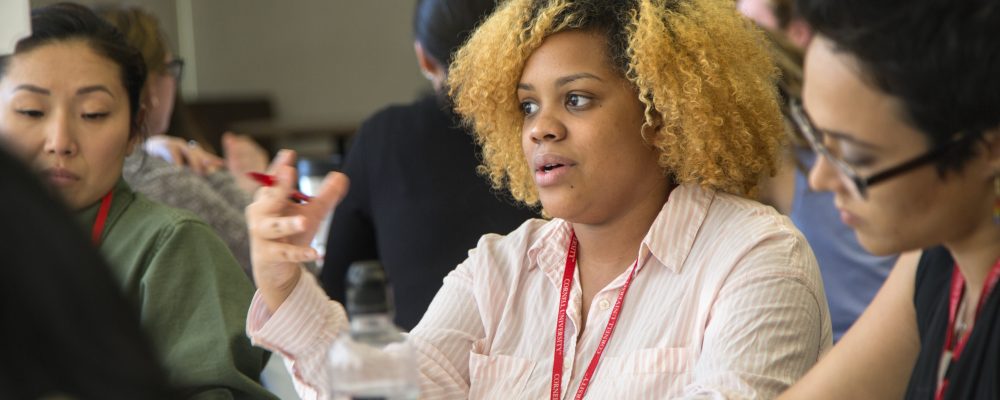
The Graduate School is pleased to provide research degree students (M.A./M.S., Ph.D., J.S.D., D.M.A., M.F.A.) the opportunity to travel the world to enhance their scholarship. Eligible students are encouraged to apply for grant funding related to professional conferences, research travel, or summer language education.
- Conference Grant
- Research Travel Grant
- Summer Foreign Language Grant
Conference Grant – Application Form (Online)
The Graduate School offers Conference Grant awards of up to $700 to research degree students to attend a professional conference at which they are presenting. Online conference presentations are eligible for a grant of up to $200. Grant amounts are detailed in the Locations and Awards PDF . See the application form for more information about eligibility requirements and instructions. Conference grants are reviewed by the 9th of the month preceding the month in which the conference occurs, and grants are awarded to eligible students by the 15th of the preceding month. Applications are accepted up to 30 days following the end of the conference date.
Students are eligible for one conference grant per year and must be within time to degree limits. Masters students are eligible for conference travel grants starting in their first semester until the end of the eighth semester of enrollment. Ph.D. students are eligible for conference travel grants starting in their first semester until the end of the fourteenth semester of enrollment.
Research Travel Grant – Application Form (Online)
The Graduate School awards grants of up to $2,500 for Ph.D. degree students and $1,000 for master’s degree students for travel that is directly related to dissertation and thesis research, not conference travel. Recipients must be enrolled (full-time or in absentia) in a graduate research degree program (M.A./M.S., M.F.A., D.M.A., J.S.D., or Ph.D.) through the Graduate School and be registered at the time of the award. Master’s degree students up to their eighth semester of study and Ph.D. students up to their 14th semester of study are eligible to apply. (Note that the post-A exam requirement has been waived beginning with Spring 2022 submissions.)
In a typical year, the Graduate School awards 50-65 grants. Applications are due annually on October 1, February 1, and April 1 with a call for applications circulated a month prior to the deadline. Decisions will be announced by the first of the month following the application deadline. For example, decisions will be announced by November 1 for the October 1 deadline. See the application form for more information about eligibility requirements and instructions.
For students managing mental health while away from campus, please visit the Mental Health While Away from Campus page.
Learn more about graduate students who have received travel grants:
- MacKenzie Pierce, Musicology
- Jiai Zhang, Food Science and Technology
- Mariano Sanchez Talanquer, Government
- Kalia Bistolas, Microbiology
Summer Foreign Language Grant – Application Form (Online)
Grants of up to $1,000 are offered to research degree students for summer travel to foreign countries for intensive (non-English) language instruction. See the application form for more information about eligibility requirements and instructions. Applications are due by April 15 with a call for applications occurring a month prior to the deadline.
Important Notification: To ensure the safety of all Cornell students traveling on university-related activities, students traveling internationally must enter their travel itinerary and contact information into Cornell’s International Travel Registry . In addition, those traveling to high-risk countries must get approval for such travel from the International Travel Advisory and Response team (ITART).
Russell G. Hamilton Graduate Leadership Institute
Graduate school conference travel grant.
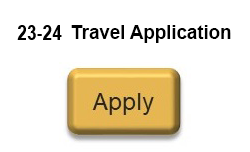
*The Graduate School Travel Grant to Present Research has increased to $1000 for the 2023-2024 application period (all travel after July 1, 2023). Please include your Estimated Travel Grant Budget with your application.
Eligibility
To apply the students:
- Must be a Graduate School student (PhD, MA, MFA, MLAS , & MS).
- Must be author and presenter of research conducted at Vanderbilt, with preference given to students who are first (or only) author and sole presenter.**
- Must be attending a major regional, national, or international conference.
- Must have travel authorization from their department prior to travel.
- Must begin their travel in the year the grant is awarded (grants are awarded per budget year July 1-June 30).
- Must use the award for the conference listed in this application .
- Cannot have received a prior travel grant during the academic year.
- Cannot have received more than 2 prior travel grants during their tenure at Vanderbilt.
Complete all parts of the InfoReady application, attach a copy of your abstract with the full author list included, and upload documentation from the conference organizers confirms your abstract has been selected.** Applications must be completed at least two weeks before you travel. Grants are limited to $1000. Additionally:
- Airfare must be booked in World Travel/Concur.
- International travel must be registered: https://www.vanderbilt.edu/global/travel-registration/
**Graduate students in the Creative Writing program: In lieu of presenting original research, students must be a Vanderbilt representative at a premiere creative writing conference (ex: The Association of Writers & Writing Programs) as (1) a presenter at the Bookfair or (2) a current editor of The Nashville Review. In place of an abstract, the student must submit a statement of purpose (1-page) that outlines their role at the conference and how participation will benefit both them and the University. For conference documentation, please provide documentation of participation in the conference and/or proof of participation on The Nashville Review.
Your Vanderbilt
- Current Students
- Faculty & Staff
- International Students
- Parents & Family
- Prospective Students
- Researchers
- Sports Fans
- Visitors & Neighbors
Quick Links
- PeopleFinder
Travel grants for early career researchers
Confirm delete.
Delete this user?
© 2020 ECRcentral. The content is licensed under Creative Commons BY 4.0. ECRcentral is developed with ♥ by eLife Ambassadors.

- Graduate Fellowships & Awards
Research & Travel Awards
Conference travel grants.
The Graduate School is pleased to support the professional development of graduate students by providing Conference Travel Grants to both master’s and doctoral students on the Main Campus and at the Medical Center. These grants may be used toward travel and other expenses associated with participation in a professional meeting, and may be requested in advance or retroactive one semester.
Dissertation Research Travel Grants
The Graduate School is pleased to invite nominations for Dissertation Research Travel Grants for up to $5,000 each. These competitive awards will support the travel costs of enrolled doctoral students engaged in archival or field research outside the U.S.
GradGov-GSAS Research Grants
GradGov and the Graduate School are pleased to support the research and professional development of graduate students through the GradGov-GSAS Research Grants program (formerly known as the GradGov Research Project Award.) Both master’s and doctoral students are eligible to apply. These grants may be used toward supplies, travel, and other research expenses such as training, archival research or data collection, or travel to a laboratory, associated with furthering or completing a dissertation, thesis, or other research project.
The Harold N. Glassman Distinguished Dissertation Awards
The Harold N. Glassman Distinguished Dissertation Awards are intended to honor truly distinguished dissertations in the humanities, social sciences, and sciences, with one award available in each of the three broad disciplinary areas.
Mario Einaudi Center for International Studies
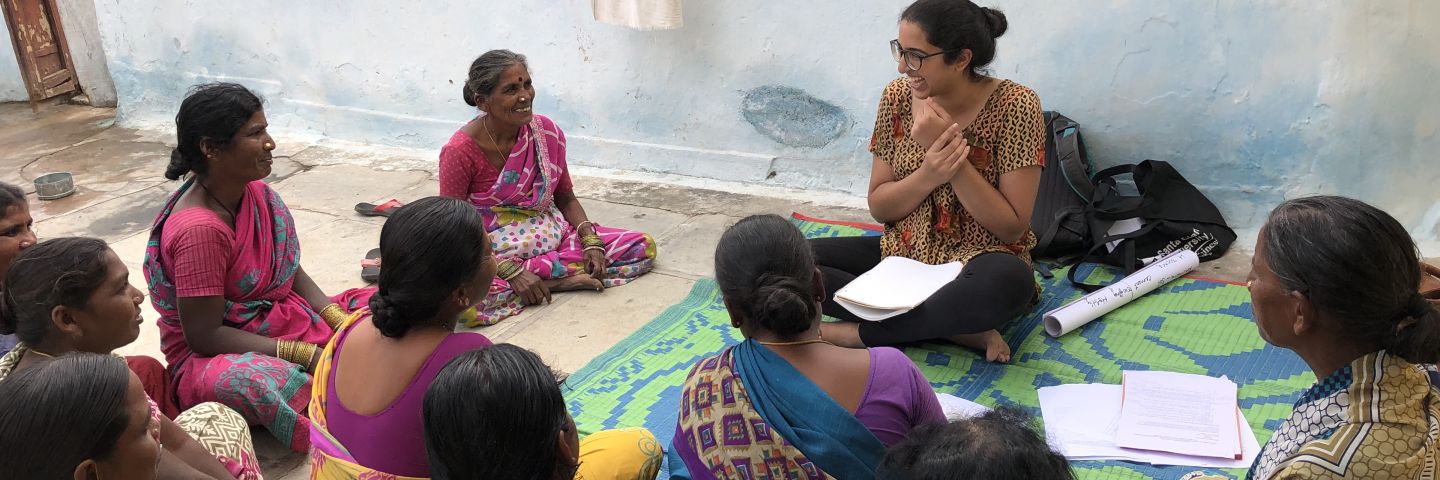
Research Travel Grants for Graduate Students
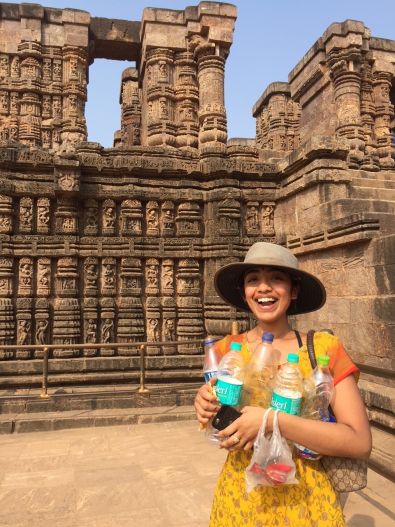
Do you need to travel internationally for your short-term research or fieldwork?
The Einaudi Center sponsors international travel for individual Cornell graduate students. If you’re traveling between the United States and a host country for activities directly related to your dissertation or thesis research, Einaudi can help you get there.
Two-Time Recipient: Research in New Delhi
Requirements
- Travel grants cover international airfare for activities directly related to the student’s dissertation or thesis research.
- The awards do not fund travel to international conferences or expenses other than international airfare.
- Travel must originate and end in the United States.
- Minimum stay abroad is 14 days, and maximum stay is six months.
- Awards are based on the proposal submitted at the time of application.
- Travel must take place between May 1, 2024 and August 31, 2025, and cannot be funded retroactively.
International Travel Approval
Due to the high rate of vaccination among the Cornell community, the university is relaxing some of the COVID-19 travel restrictions. However, all students must register their travel in the Travel Registry and follow the guidelines .
Graduate and professional students do not need to petition for travel to CDC or Department of State 1, 2, or 3 level countries. Travel to level 4 countries must be approved by the International Travel Advisory & Response Team (ITART).
To receive the award, selected students must follow the university’s guidelines to petition for permission to travel internationally , to be submitted no earlier than six weeks and at least two weeks before the scheduled travel. In addition, students must participate in a short, online international travel predeparture orientation course in order to receive travel approval.
Please be aware that regardless of your destination, approval may be withdrawn if there is a change in the risk level of your destination or if we find you violate any contingencies of approval given. In such instances, you will be required to refund the award.
Applications Open
November 13, 2023 at 8:30 a.m. ET.
March 8, 2024 at 12:00 p.m. ET.
Up to $2,000.
Eligibility
Graduate students or students enrolled in Cornell’s professional schools are eligible, with the following exceptions:
Students graduating in May 2024
- Students who have not used 2023 awards
Email the Einaudi Center ( [email protected] ).
If I received an Einaudi Center International Research Travel Grant award in 2023, will I be able to bank the award and reapply in 2024?
When do i need to complete travel if i received a 2023 award, if i apply and receive an award in 2024, when will i be able to begin travel, additional information, funding type.
- Travel Grant
Comparative Muslim Societies Program
East Asia Program
Institute for African Development
Institute for European Studies
Latin American and Caribbean Studies
Reppy Institute for Peace and Conflict Studies
South Asia Program
Southeast Asia Program
- Foundation Reports
- Our Offices
- Grants and Fellowships
- Grants Database
- Fellows Database
- Grantee Resources
- Art Collection
- Image Rights and Reproductions
- Library for American Art
Terra Foundation Research Travel Grants
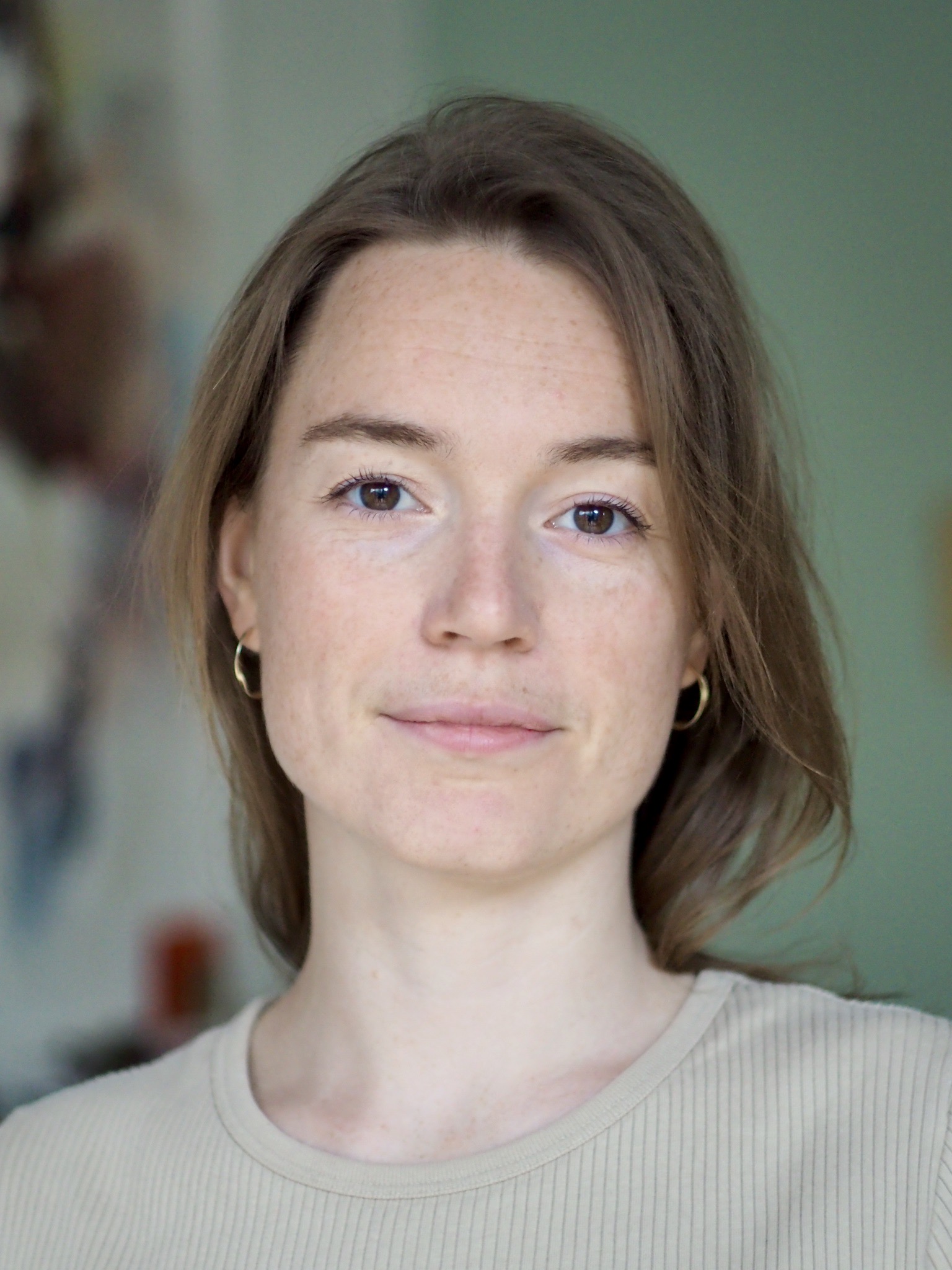
Marion Bélouard, Université de Limoges, received a 2022 travel grant to conduct research for "Painting nature, exchanging knowledge. John James Audubon (1785-1851), a rare bird in Atlantic history?"
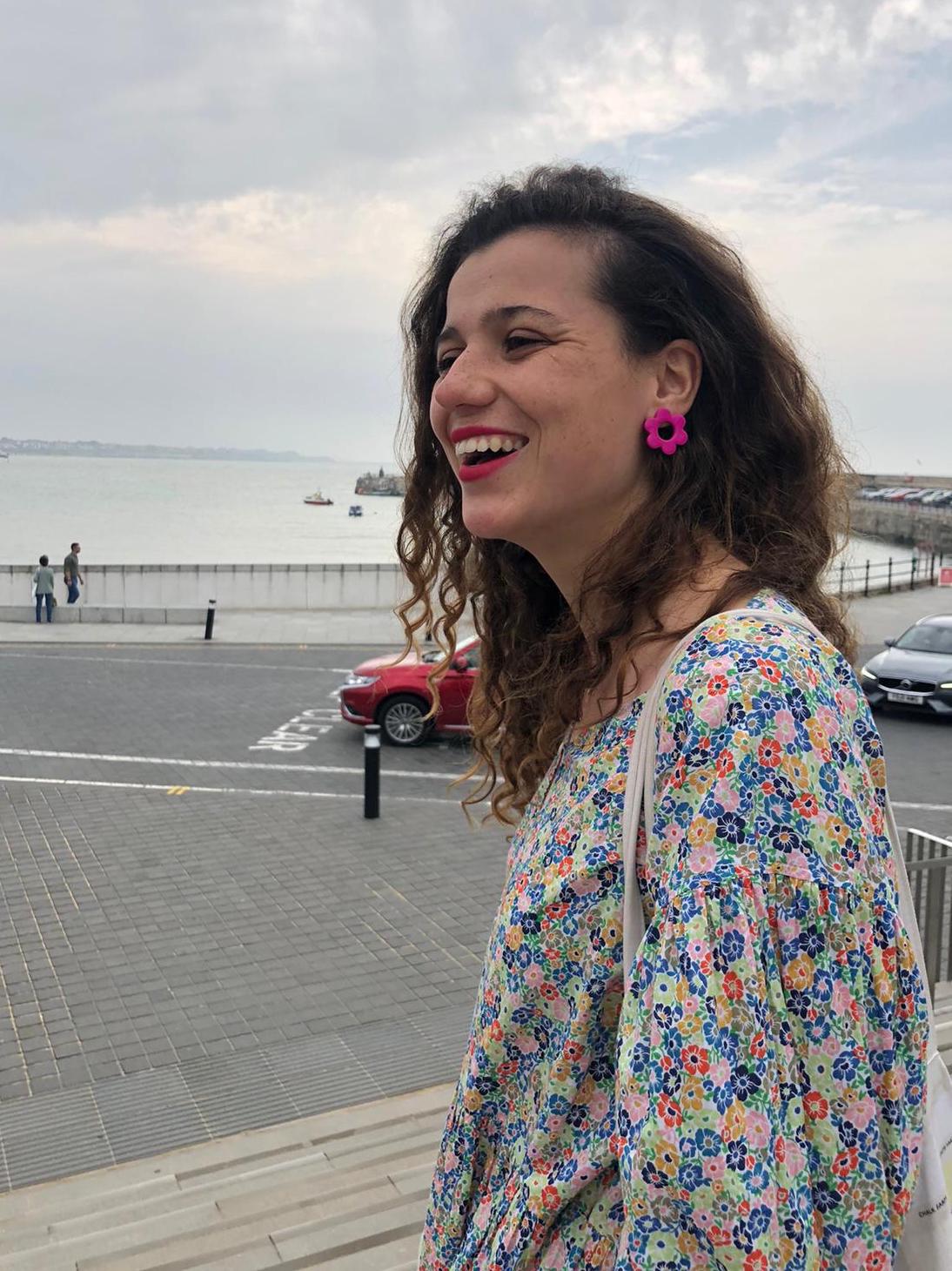
Cora Chalaby, University College London, received a 2022 travel grant to conduct research for "Control Systems: Helen Frankenthaler, Joan Mitchell, Alma Thomas, and Howardena Pindell's Orderly Abstractions."
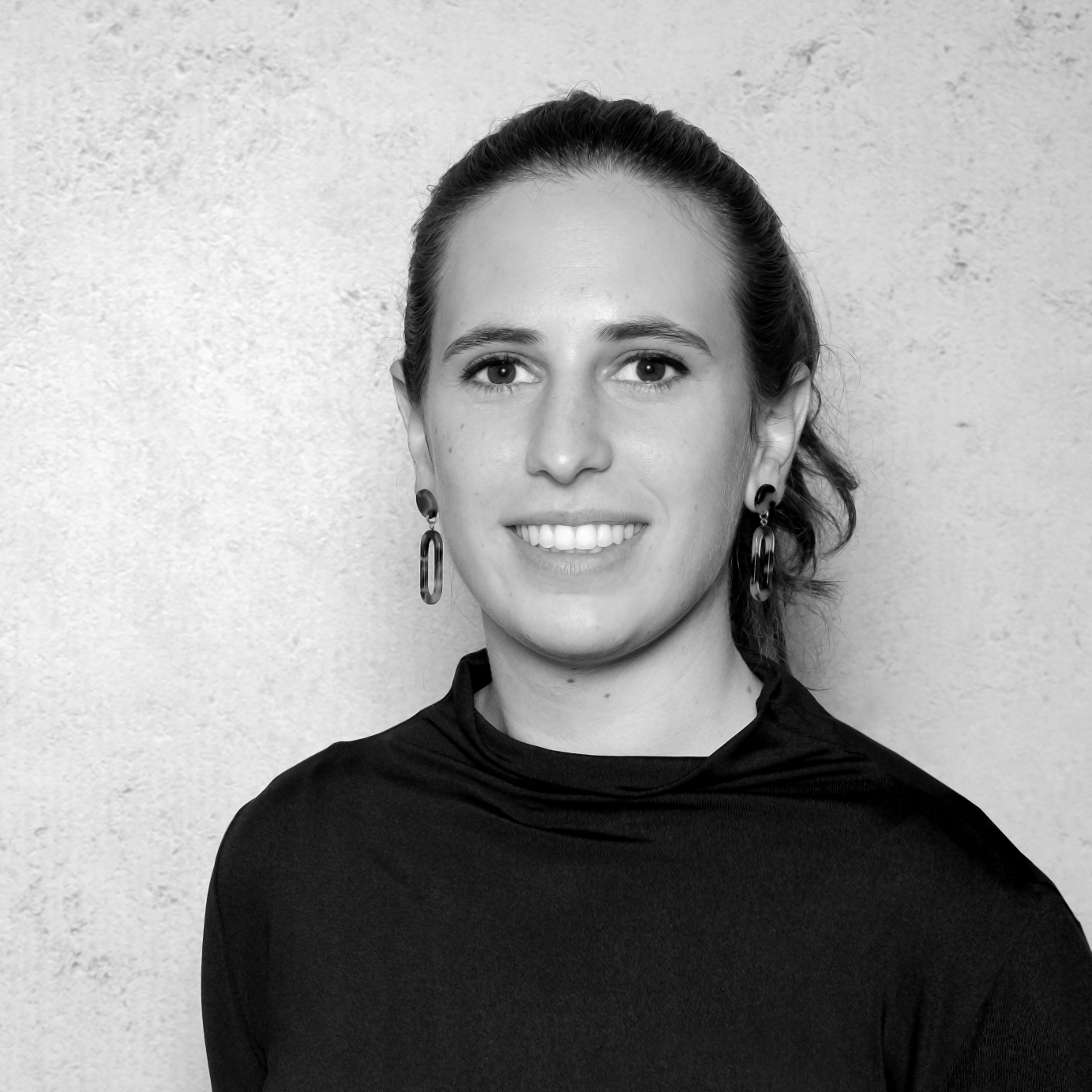
Clara Johanna Lauffer, Goethe-University, Frankfurt /Zentral Institut für Kunstgeschichte, received a 2022 travel grant to conduct research for “Rewriting the pictures generation: the production of white masculinity in appropriation art."
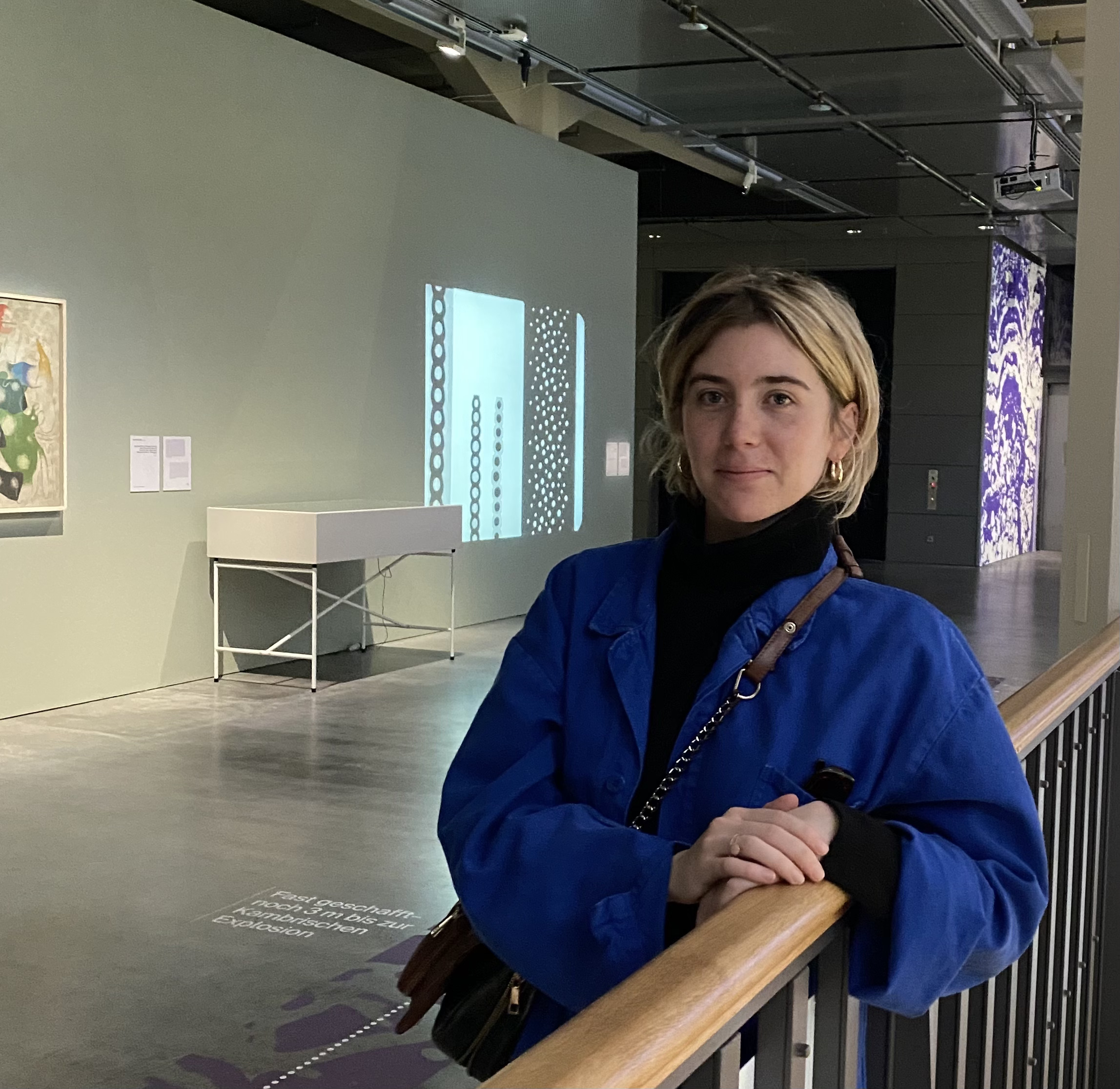
Clara Royer, Université Paris 1 Panthéon-Sorbonne, received a 2022 travel grant to conduct research for “Slow-Scan: the (geo)political turn of media arts (1960-1990).”
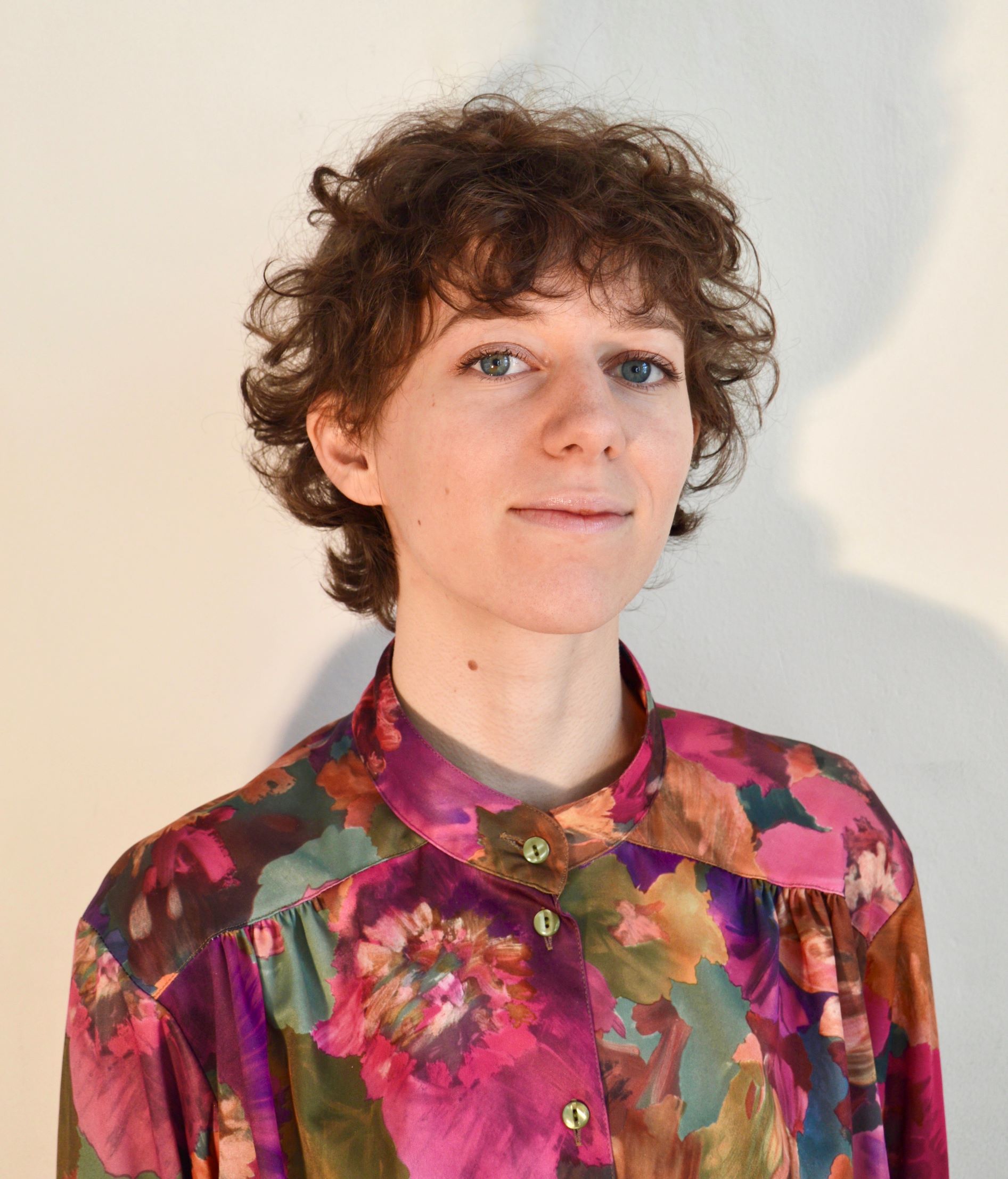
Mylène Palluel, Paris 1 Panthéon-Sorbonne/Freie Universität Berlin, received a 2022 travel grant to conduct research for “The ‘Longue durée’ paradigm in 1960s American art and social sciences. Case studies in Minimal Art, Conceptual Art and Land Art.”

Mona Schubert, University of Cologne/University of Graz, received a 2022 travel grant to conduct research for “Photographic Media at documenta in the 1970s and the US-American Art Scene.” Photo credit: ©Ivan Engler
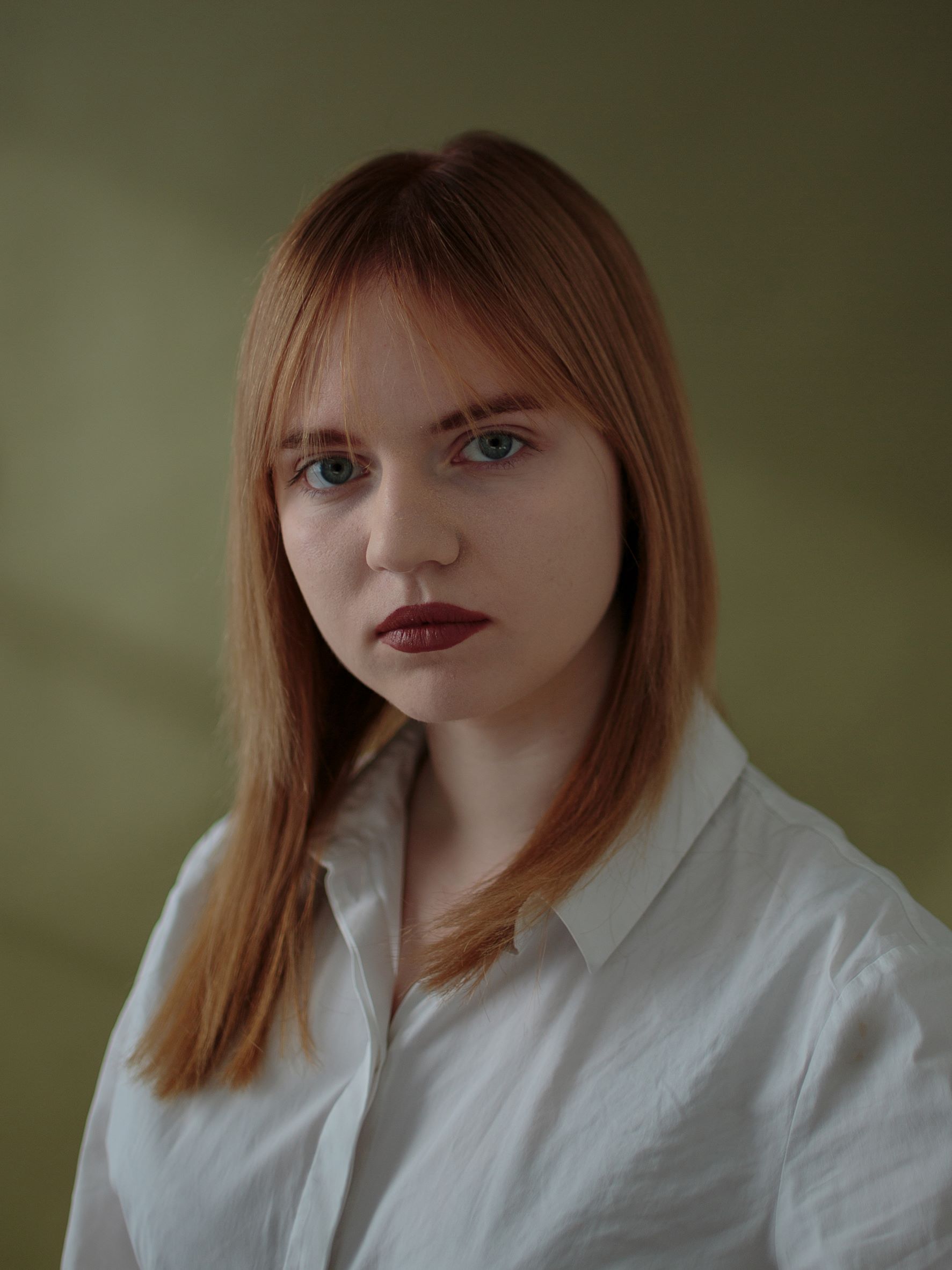
Yana Shtilman, Université de Paris, received a 2022 travel grant to conduct research for “Public image, private lives: Creating the image of the "New Negro" woman in the Harlem Renaissance (1920-1943).”
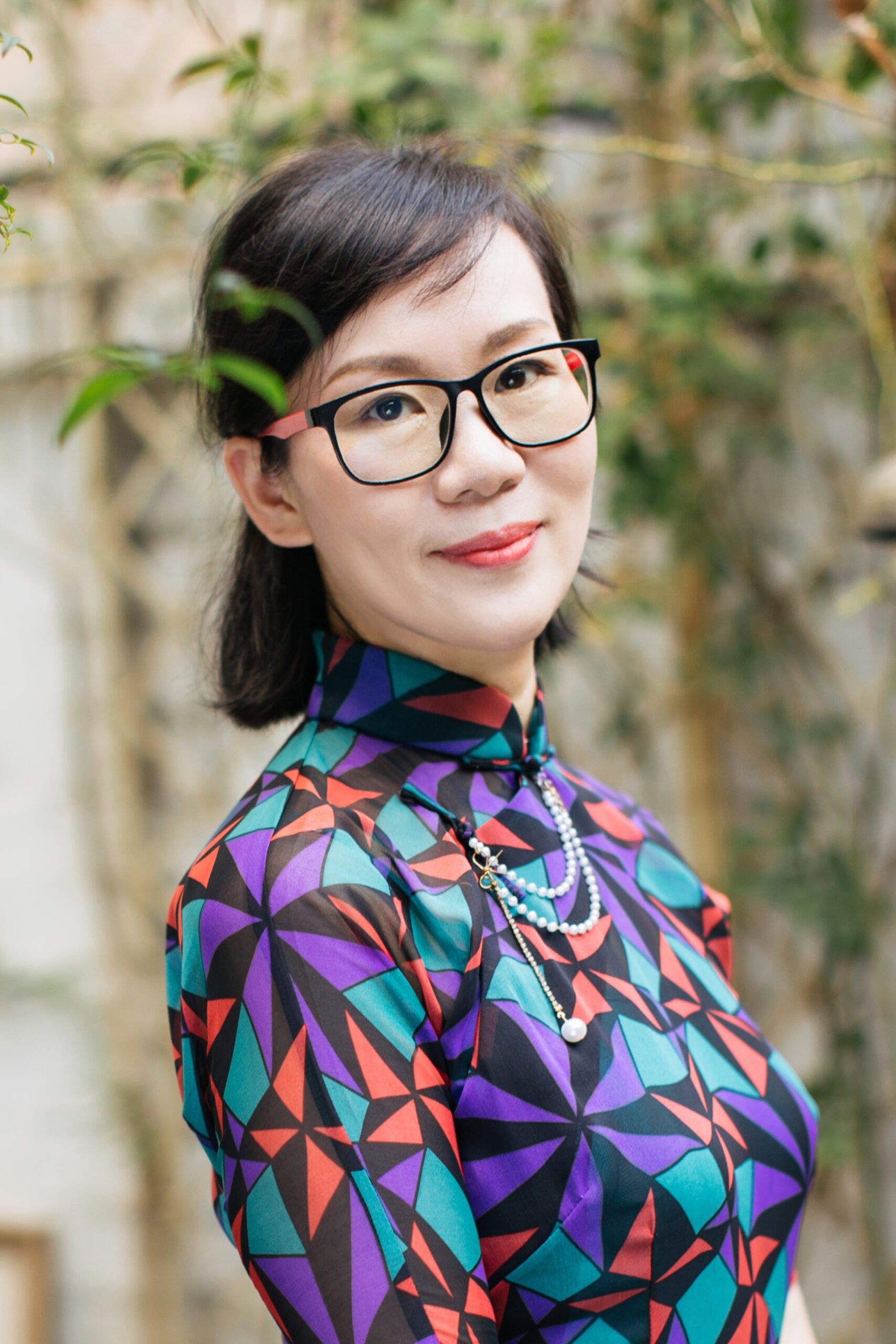
Achang Su, China Academy of Art, received a 2022 travel grant to conduct research for “The Identity Issues and Abstract Transformation in the works of Modern Chinese-American Artist George Chann from 1950s to 1960s.”
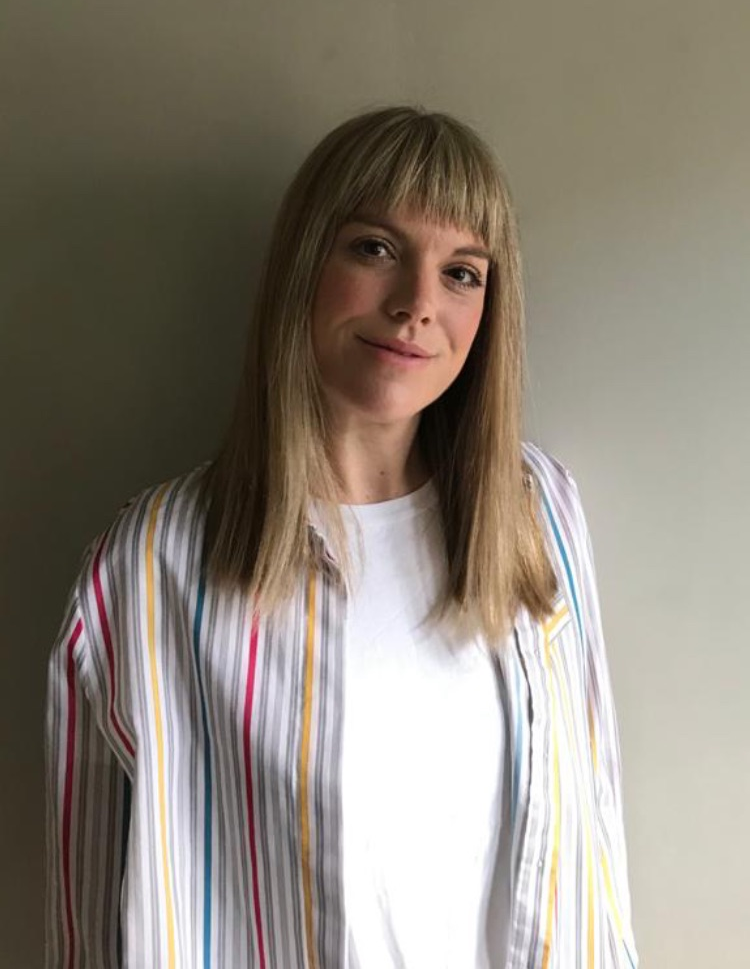
Alice Butler, The Courtauld Institute of Art, London, received a 2022 travel grant to conduct research for “The Perversions of Textile in Feminist Art.”
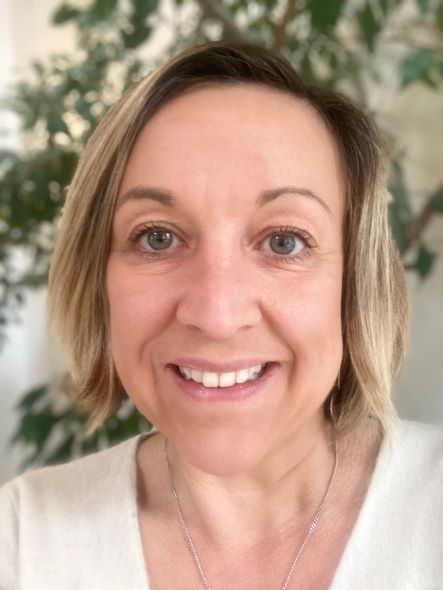
Anne-Claire Faucquez, Université Paris 8, received a 2022 travel grant to conduct research for “The narrativization of colonial slavery in American museums: arts and representations.”
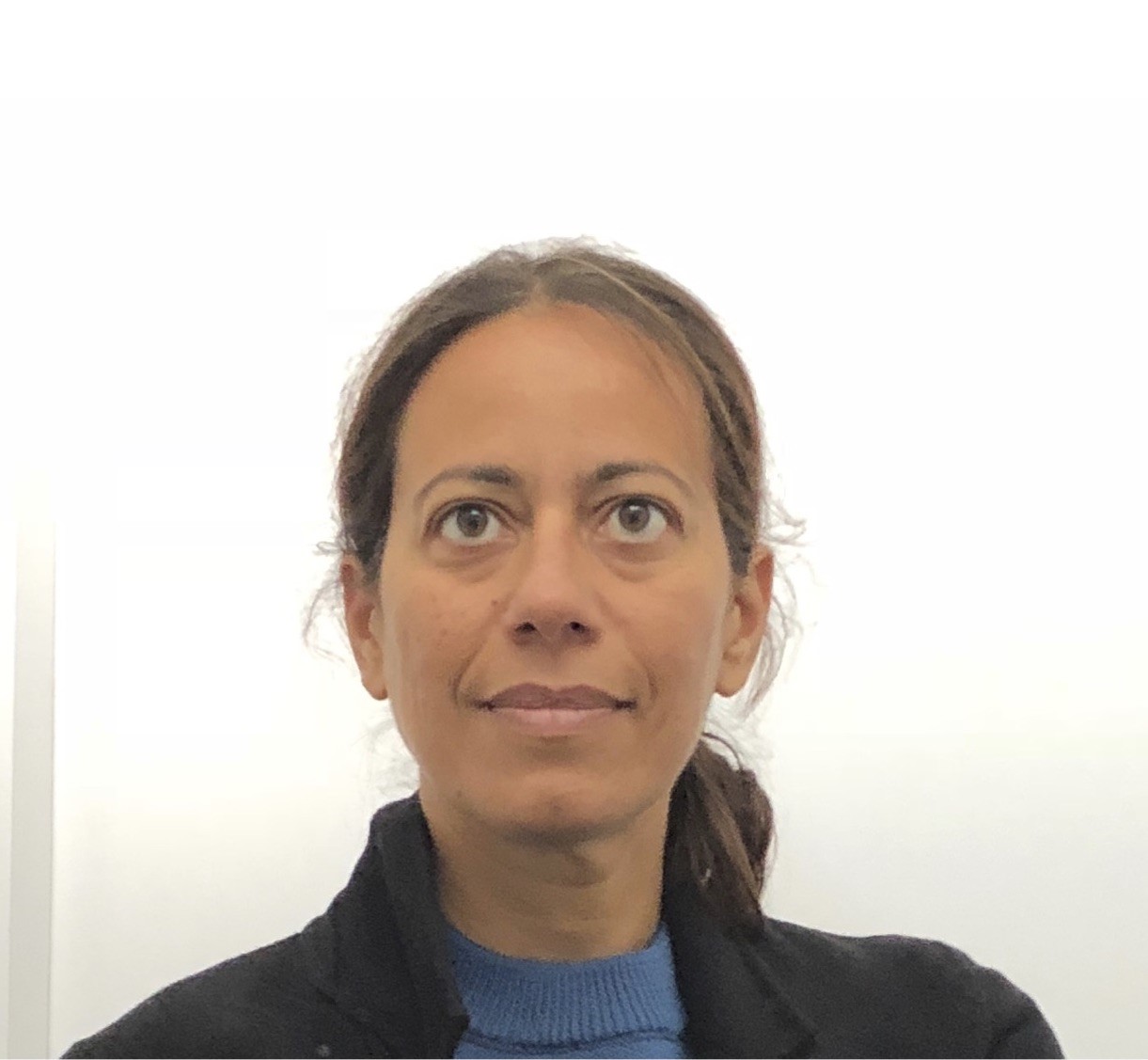
Roula Matar, École nationale supérieure d'architecture de Versailles, received a 2022 travel grant to conduct research for “James Johnson Sweeney’s Contribution to a Critical and Didactical Approach to Exhibition Installation.”
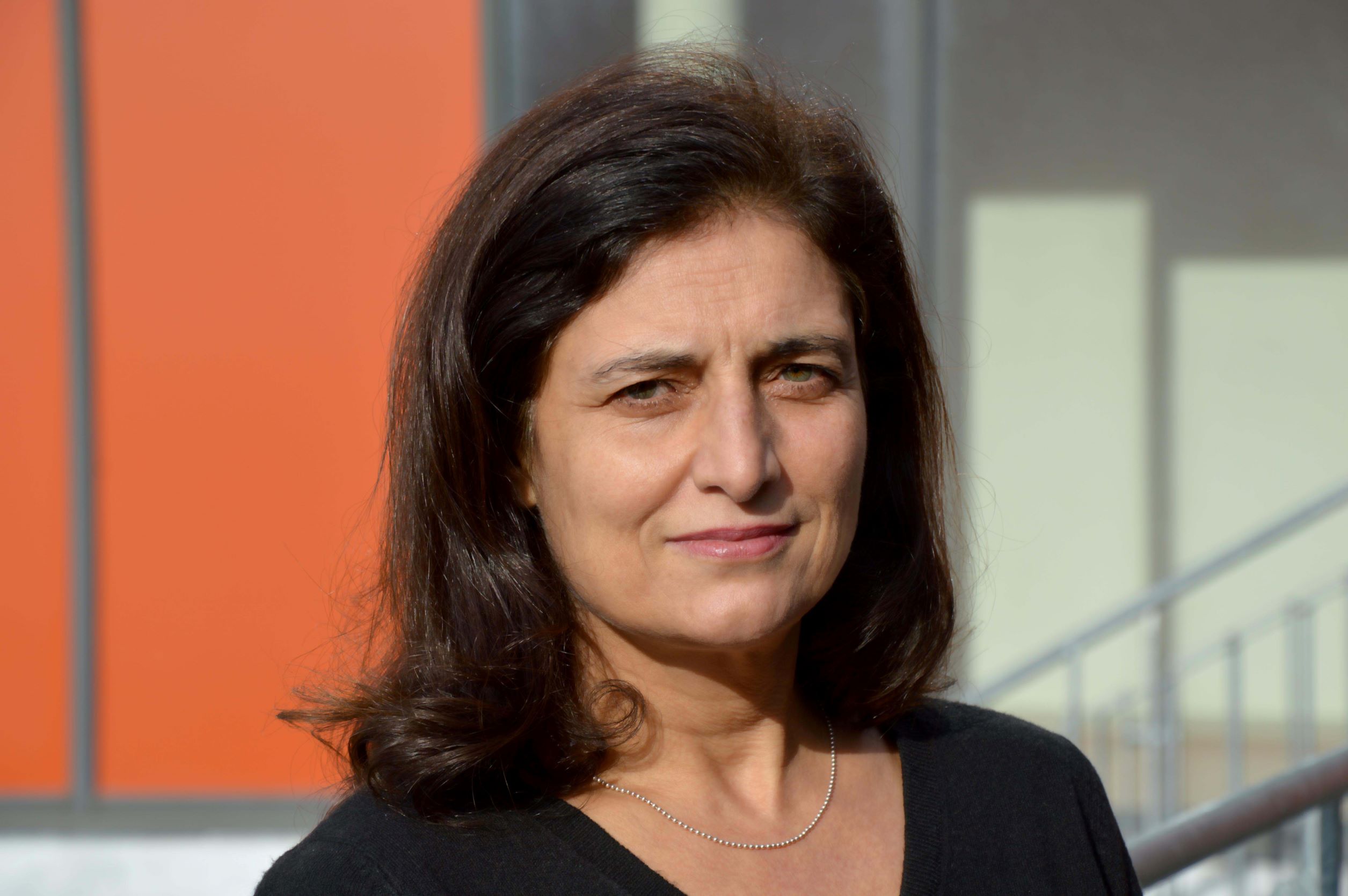
Androula Michael, Université de Picardie Jules Verne, received a 2022 travel grant to conduct research for “The narrativization of colonial slavery in American museums: arts and representation.”
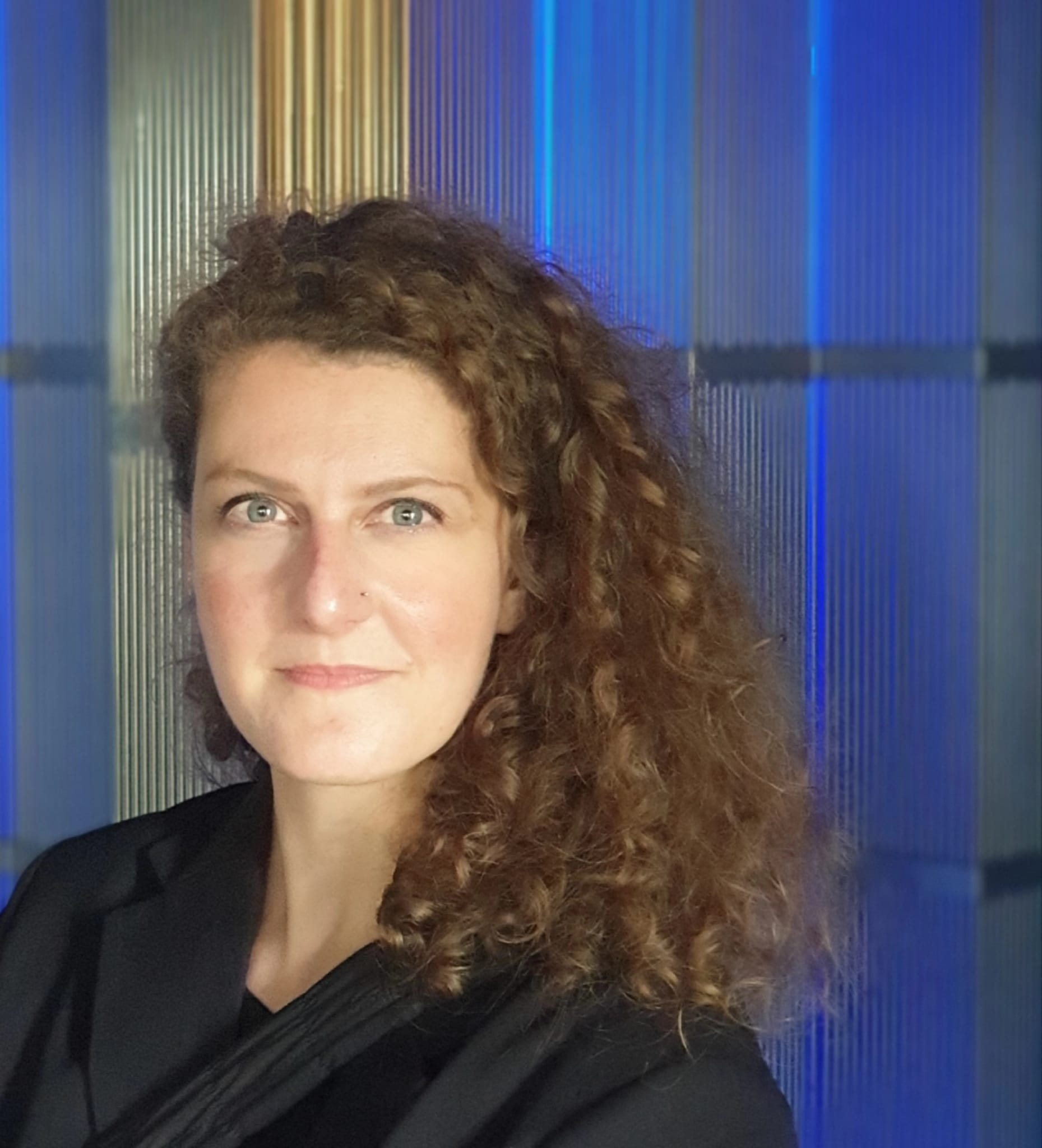
Yvonne Schweizer, Universität Bern, received a 2022 travel grant to conduct research for “Art Institutions as Media Producers since 1970.”
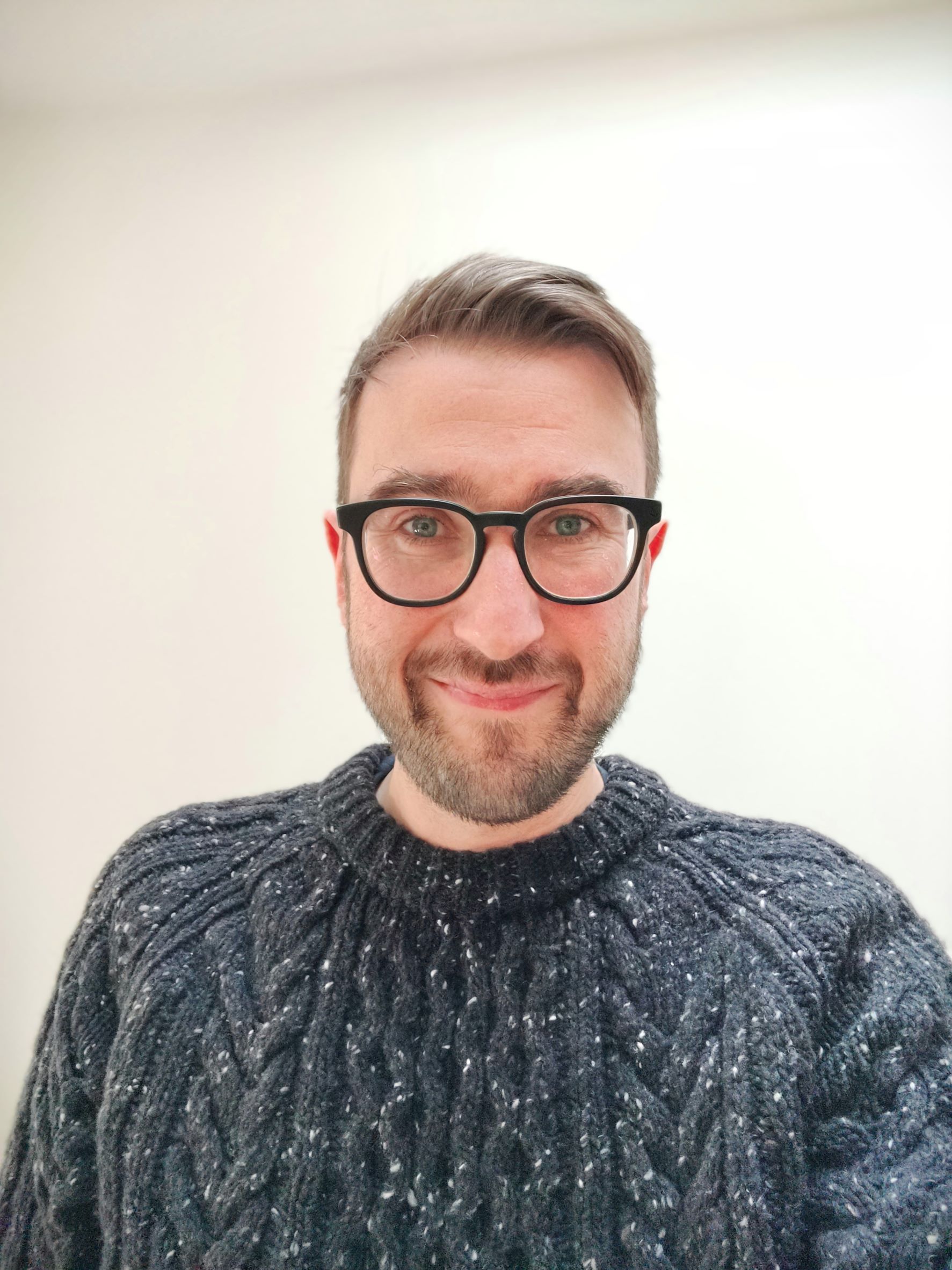
Harry Weeks, Newcastle University, received a 2022 travel grant to conduct research for “The Artist’s Second Shift.”

Andrew Witt, Humboldt-Universität zu Berlin, received a 2022 travel grant to conduct research for “Exile Modernism: Photography c. 1940.”
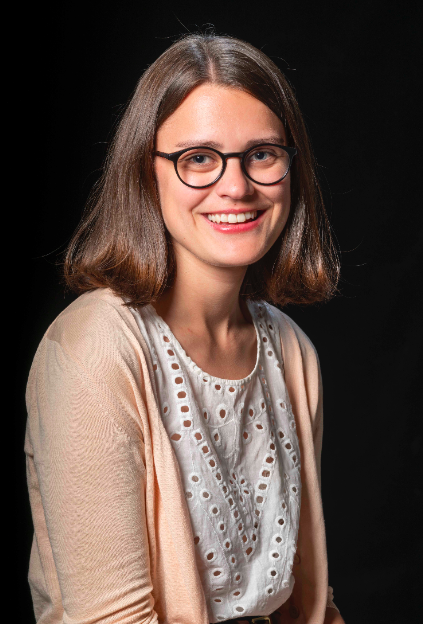
Manon Gaudet, Yale University, received a 2022 travel grant to conduct research for “Beyond Landscape: Property and the Contested Ground of North American Visual Culture, 1900-1945.”
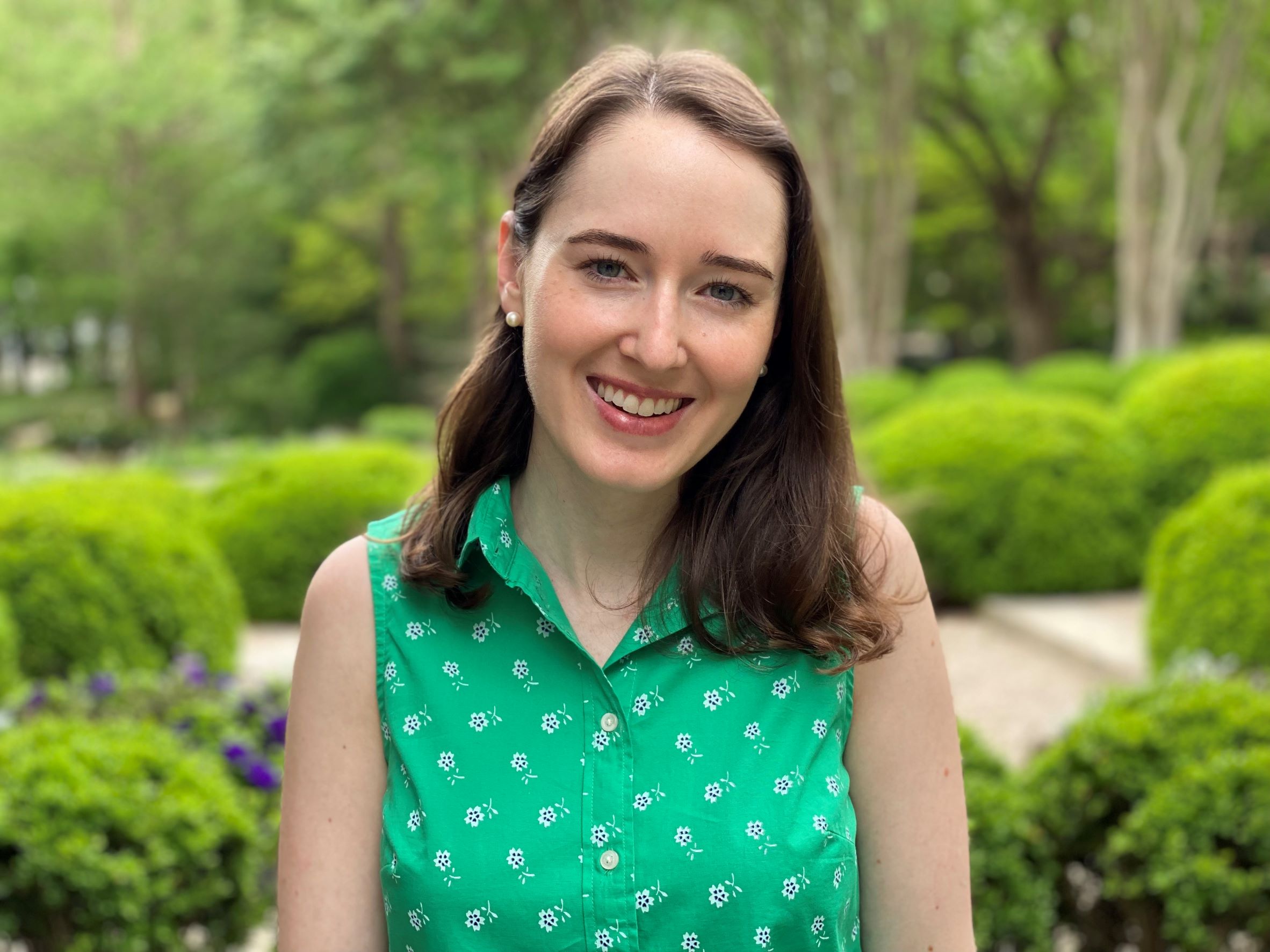
Michaela Haffner, Yale University, received a 2022 travel grant to conduct research for “The Visual Culture of Naturopathic Cures & the Fashioning of White Wellness.”
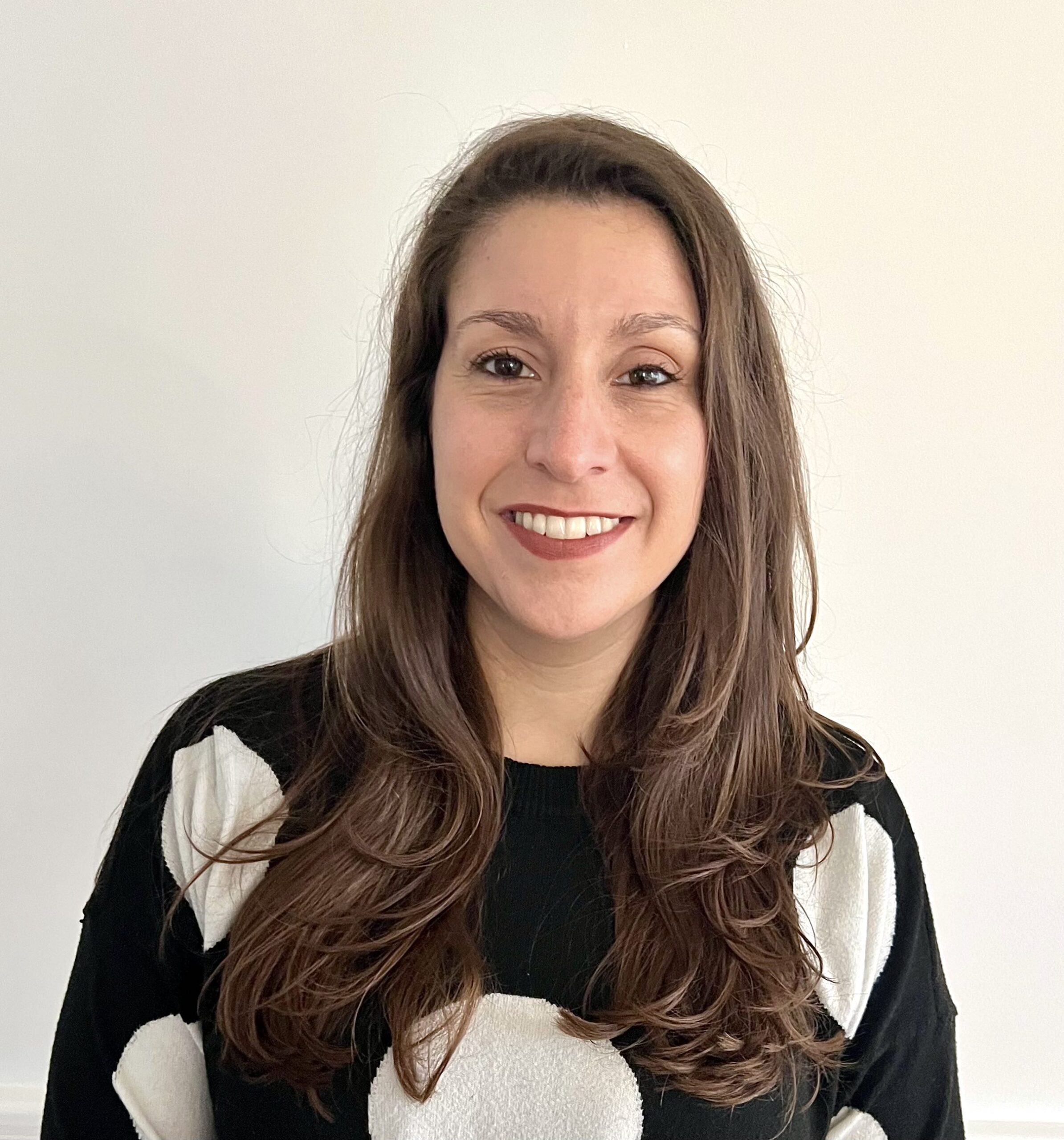
Constanza Robles, Boston University, received a 2022 travel grant for “Visualizing Alliances through Art and Architecture: Pan Americanism, Hispanismo and Latin Americanism in World Fairs, 1901-1929.”
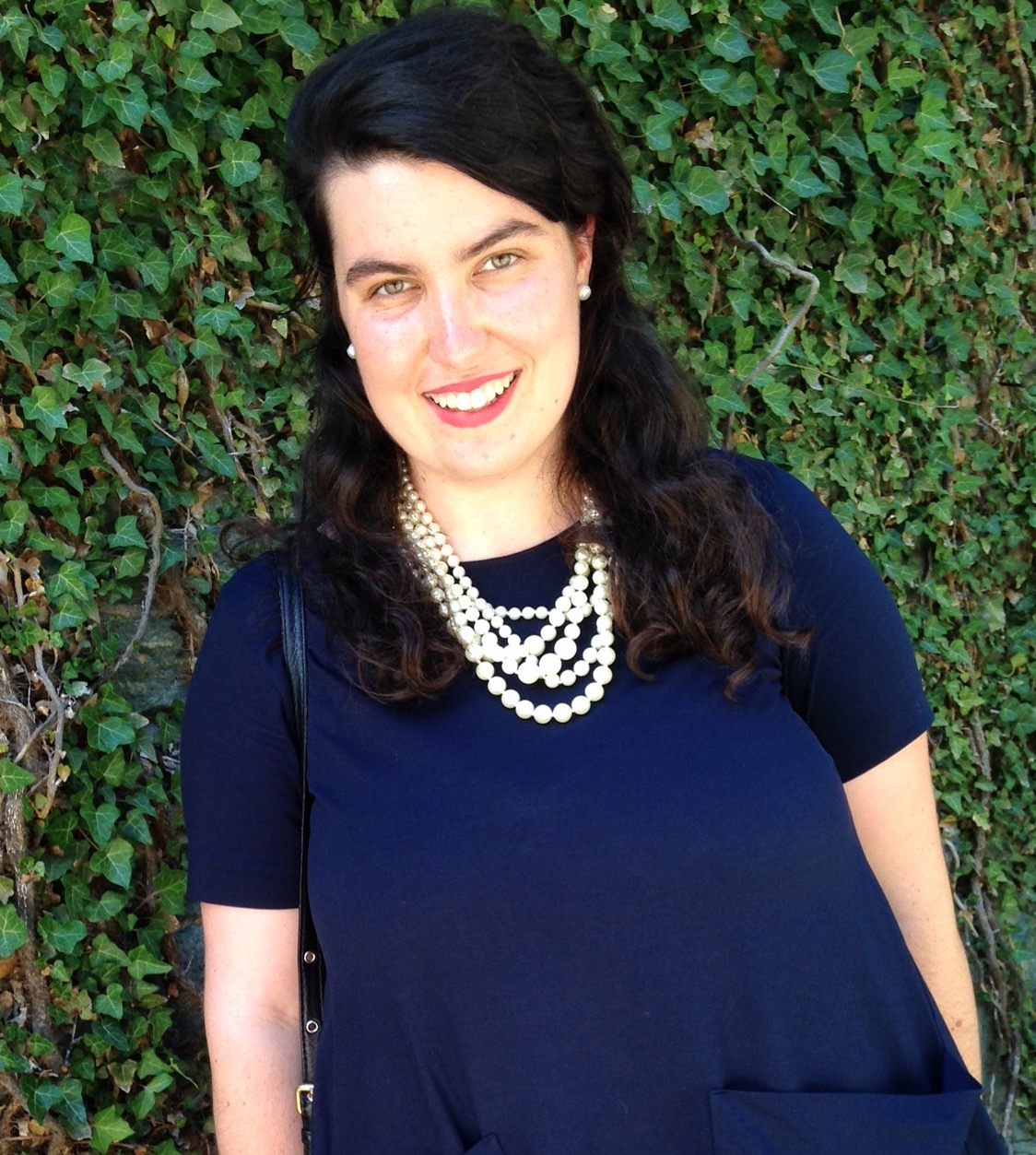
Lea Stephenson, The University of Delaware, received a 2022 travel grant to conduct research for “’Wonderful Things’: Egyptomania, Empire, and the Senses, 1870-1922.”
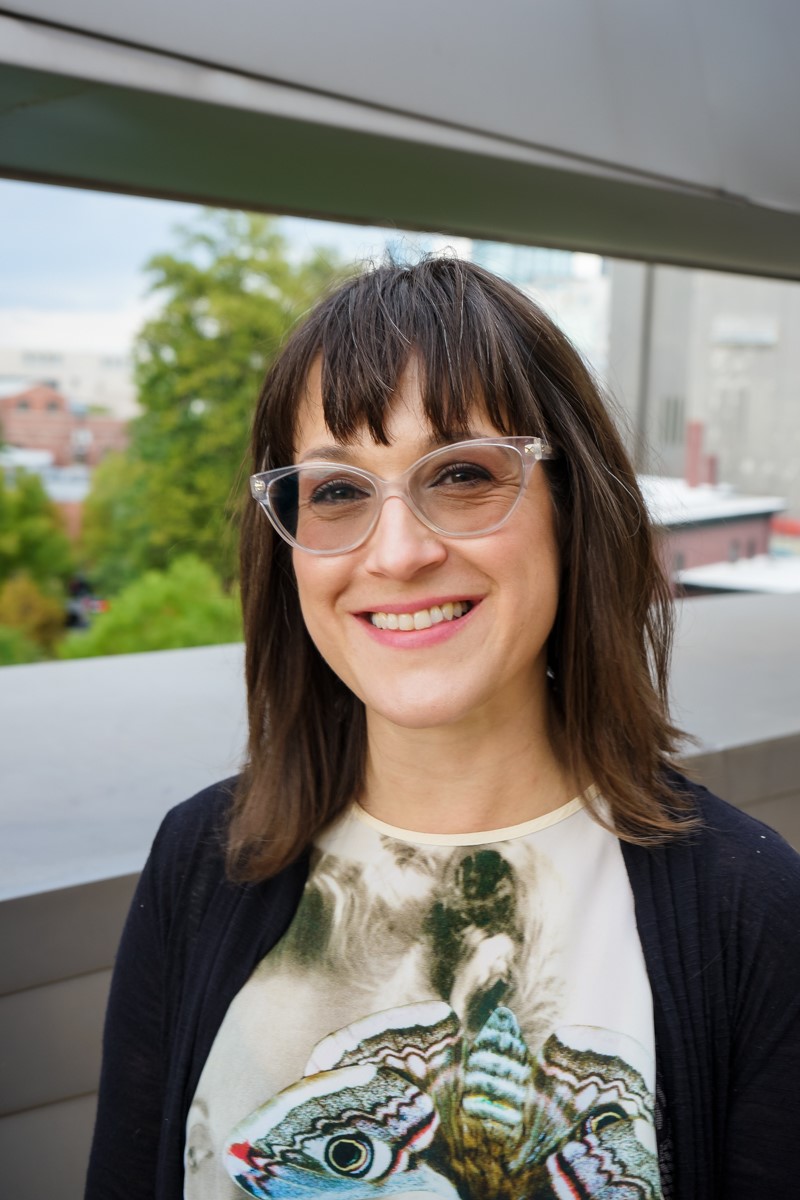
Maria Elena Buszek, University of Colorado Denver, received a 2022 travel grant for “Art of Noise: Feminist Art and Popular Music.”
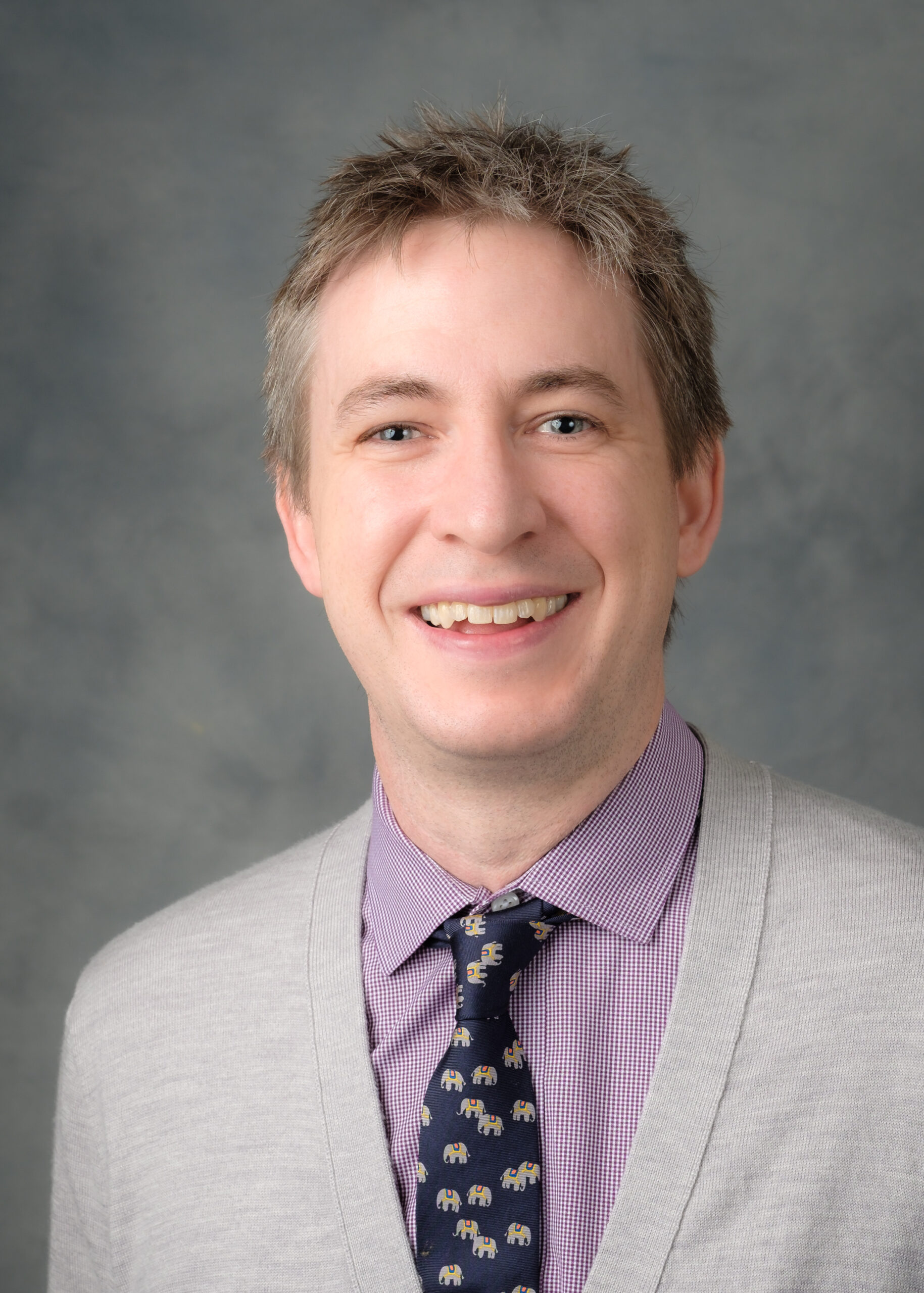
John J. Curley, Wake Forest University, received a 2022 travel grant to conduct research for “Critical Distance: Black American Artists in Europe 1957-1968.” Photo credit: ©Ken Bennett
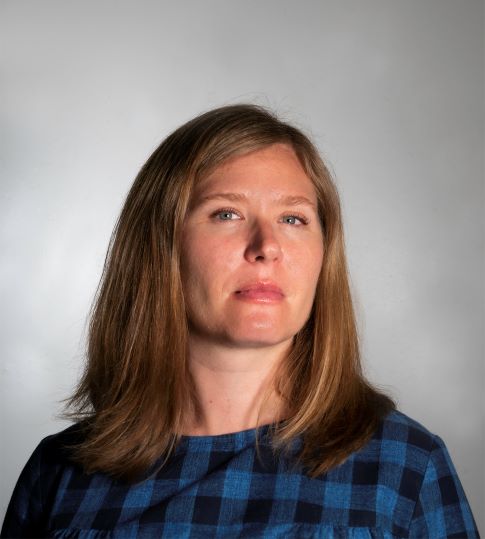
Emily Voelker (pictured), University of North Carolina Greensboro & Erin Hyde Nolan, Maine College of Art & Design, received a 2022 travel grant for “Reading Native American Portraits in Ottoman: Global Economies of Nineteenth-century Survey Photography.”

Erin Hyde Nolan (pictured), Maine College of Art & Design, & Emily Voelker, University of North Carolina Greensboro, received a 2022 travel grant for “Reading Native American Portraits in Ottoman: Global Economies of Nineteenth-century Survey Photography.”
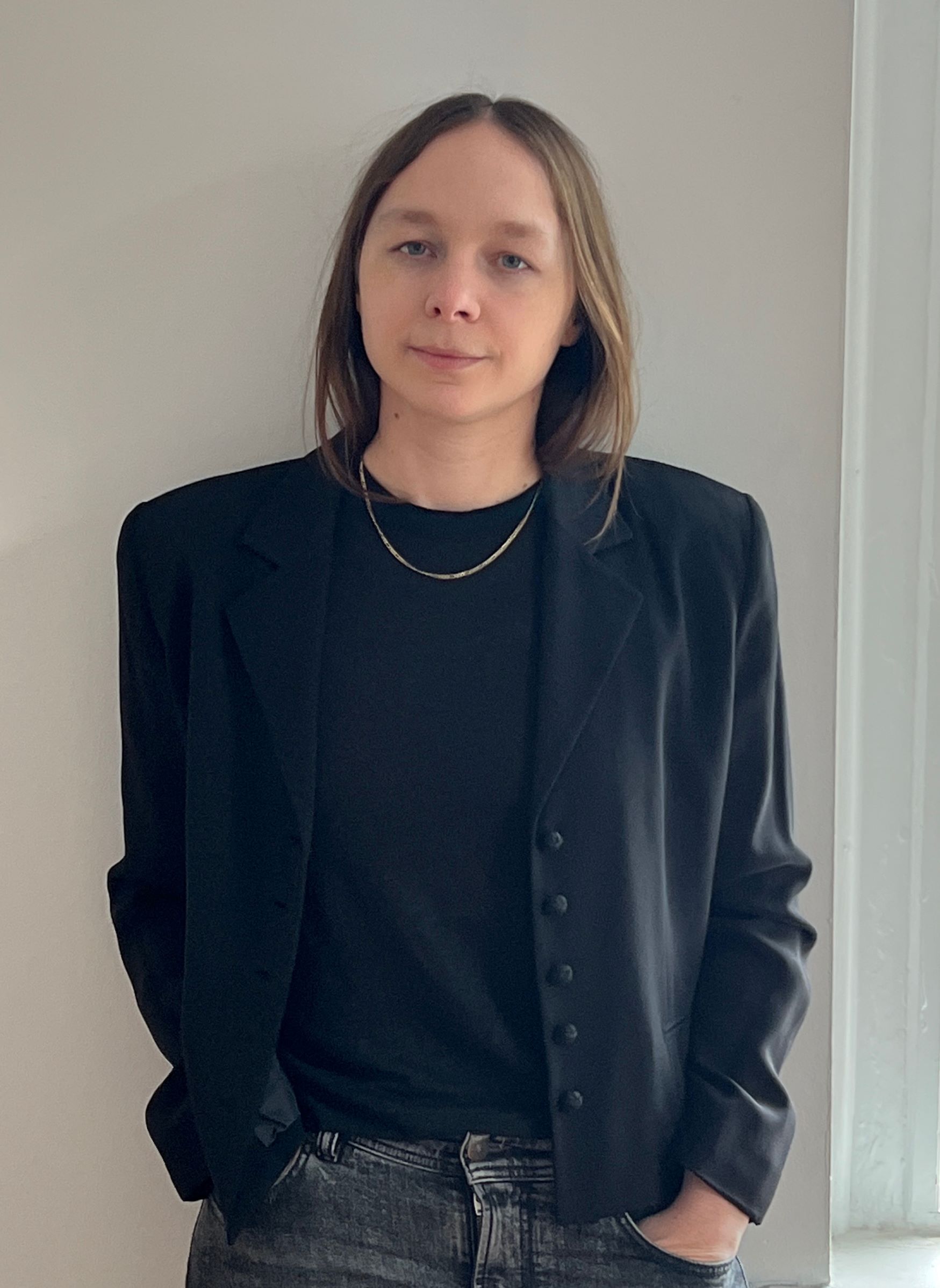
Annie Ochmanek, Columbia University, received a 2022 travel grant to conduct research for “Conceptualism and the Connexionist World: The Art of Eduardo Costa, Hannah Weiner, Christine Kozlov, and Stanley Brouwn.” Photo credit: ©Michele Abeles
The Terra Foundation for American Art Research Travel Grants provide support to doctoral, postdoctoral, and senior scholars from both the US and outside the US for research topics dedicated to the art and visual culture of the United States prior to 1980.
The Terra Foundation prioritizes projects that interrogate and broaden definitions of American art and lends support for projects engaged in transforming or complicating how the story of American art is told. To expand histories of American art, we encourage projects that reflect a commitment to inclusive and equitable research and museum practice; generate new scholarship and interpretive frameworks; employ critical methodologies and innovative models; and/or engage diverse partners and audiences.
The grants foster firsthand engagement with American artworks and art-historical resources; build networks for non-US-based scholars studying American art; and expand access to artworks, scholarly materials, and communities for US-based scholars studying American art in an international context.
Proposals are accepted from doctoral students, postdoctoral scholars, and senior scholars.
The grant program is administered by College Art Association (CAA), on behalf of the Terra Foundation for American Art.
For more information about application guidelines and the application process, schedule, and checklist, please visit the CAA website.
Recipients: Terra Foundation Research Travel Grants to the United States, 2003–2022
Recipients: terra foundation international research travel grants for us-based scholars, 2017–2022, more grant & fellowship opportunities for individuals.
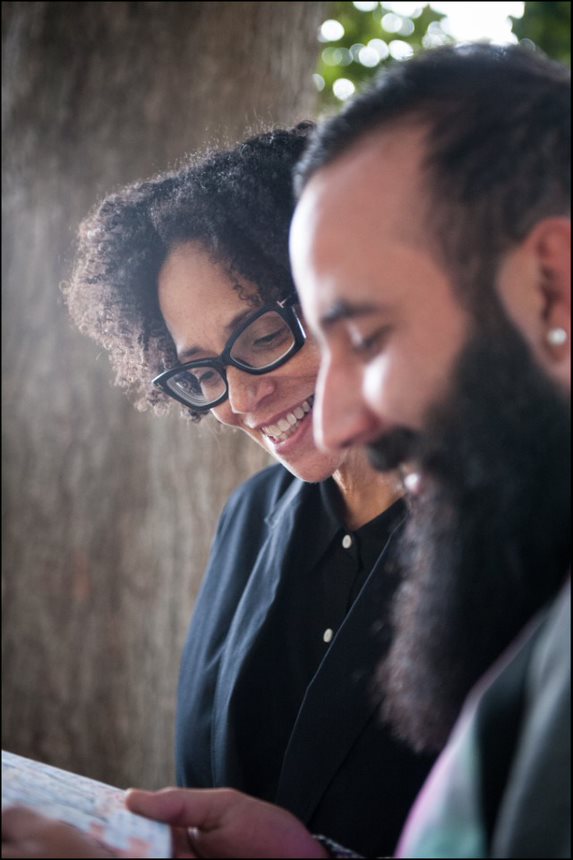
- Privacy Overview
- Strictly Necessary Cookies
- 3rd Party Cookies
This website uses cookies so that we can provide you with the best user experience possible. Cookie information is stored in your browser and performs functions such as recognising you when you return to our website and helping our team to understand which sections of the website you find most interesting and useful.
Strictly Necessary Cookie should be enabled at all times so that we can save your preferences for cookie settings.
If you disable this cookie, we will not be able to save your preferences. This means that every time you visit this website you will need to enable or disable cookies again.
This website uses Google Analytics to collect anonymous information such as the number of visitors to the site, and the most popular pages.
Keeping this cookie enabled helps us to improve our website.
Please enable Strictly Necessary Cookies first so that we can save your preferences!
Fall 2023 Graduate Research Travel Grants
The Graduate School is accepting applications for the fall 2023 cycle of the Graduate Research Travel Grants program. Georgia College & State University graduate students are encouraged to apply for funding to support registration costs and travel expenses associated with the presentation of their own original scholarship at professional academic conferences.
Graduate Research Travel Grants will be made in the following category:
Category 1: Grants will be awarded that support student presentations of original scholarship or research conducted with a faculty mentor at professional academic conferences (virtual, in-person, international, national, regional and state level) in the student’s discipline. There is a maximum of $400 per grant for conference fees. Incomplete applications will not be considered. The deadline to apply is Oct. 15, 2023.
Students seeking funds to support attendance at academic conferences in their field of study should apply through the SGA student travel fund.
For more information and the application, please visit the Graduate Opportunities web page.
Conference Travel and Research Grants
The Graduate Student Organization (GSO) Travel and Research Grants fund doctoral and, in some cases, master’s students within the Graduate School of Arts and Sciences (GRS) who plan to present their research at conferences outside of Boston or to conduct research related to their dissertation.
Purpose and Aim: Our goal is to support the exceptional and significant work of Boston University’s graduate students, in the hopes that their conference and research travel will aid them in their professional development and dissertation and/or thesis progress, as well as provide valuable insights for the world at large. We also aim to provide graduate students with an opportunity to hone their research statements, so we therefore overlap our application requirements with a myriad of other grant giving organizations and foundations so that students come out of this experience with a building block of well-written responses to common grant application questions that they may use in the future.
Please read all of the instructions before applying. A link to the application portal is below.
Eligibility Criteria
There are two GSO grant categories, each with the same award amount limits: the conference travel grant and the research grant. Please note the following eligibility criteria for the grant you wish to apply for:
Eligibility for Conference Travel Grants
You may apply for a conference travel grant if you meet the following criteria:
- You are a doctoral student or a student in the Master’s in Fine Arts program within BU Graduate School of Arts and Sciences. (Please note: MA students are not eligible for a GSO grant.)
- Your department is in good standing with GSO, meaning that you have a department representative who has attended 3 or more GSO general body meetings during the semester. (Please see below for more information.)
- You have been accepted or have applied to speak or present a poster at an academic conference that takes place after the application deadline and within 1 year following. Because the August 1 deadline has been delayed, your conference can take place for 13 months following the deadline. This means that for the September 1, 2023 application deadline, your conference would take place between August 1, 2023 and September 1, 2024.
- Said academic conference takes place outside of the Boston area or outside the area of your primary residence.
- You have not been the recipient of a GSO travel or research grant in the past 12 months.
Eligibility for Research Grants
You may apply for a research grant if you meet the following criteria:
- travel out of Boston or your primary residence
- purchasing of specific tools, items, or technologies
- use of a paid archive or research facility
- attending a paid workshop or training
- Your dissertation research will take place within the 12 months following the next application deadline. Because the August 1 deadline has been delayed, your research can take place for 13 months following the deadline. This means that for the September 1, 2023 application deadline, your conference would take place between August 1, 2023 and September 1, 2024.
GRS Departmental Standing with GSO
Only graduate students in GRS departments may apply for a GSO grant. If you are unsure if your department is within GRS, please see this website: https://www.bu.edu/academics/grs/departments/
In order to apply for a GSO grant, your department must be in good standing with GSO. If you would like to confirm your department’s standing with GSO, please email [email protected] .
Award Money
GSO Travel and Research Grants have a maximum award amount of $1,000. You may apply for any amount at the maximum level or below.
The Grant Review Committee may fully award, partially award, or reject your application. Fully awarded applications receive the maximum amount of $1,000; partially awarded applications may receive anywhere between $500 – $999.
Application Deadlines
Applications are usually in August, December, and April of each year. You may apply for conference travel or research project start dates that occur in the 12 months following the application deadline:
- April 1st, 2024 deadline: for conference travel or research projects that occur from April 1st, 2024 – April 1st, 2025
- August 1st, 2024 deadline: for conference travel or research projects that occur from August 1st, 2024 – August 1st, 2025
- December 1st, 2024 deadline: for conference travel or research projects that occur from December 1st, 2024 – December 1st 2025
Because you can reapply immediately if you do not receive a grant, it is recommended you apply as early as possible.
The application portal opens up 6 weeks ahead of the deadline, although you can find the application questions below and can draft your answers ahead of time.
Evaluation Criteria
As an interdisciplinary review committee made up of graduate students, we take a holistic approach to evaluating applications, especially taking into account factors like financial need, impact of your project or research topic, and if the grant award will greatly impact progress towards degree completion and professional development.
It is important to write the grant application targeted towards a non-specialized audience. This means avoiding jargon and field-specific terminology without providing context and definitions, as well as providing clarity regarding the impact of academic conferences or research projects within one’s field (i.e. do not assume we know how big of a deal a conference is for you, but please do explain it to us). For applications that are rejected, it is more often than not because they have not been able to adequately translate their work for a non-specialized audience.
We also take special note of clarity of budget, and impact of the award amount requested towards reaching the goal of the graduate student. We are more likely to fund a travel request or a research project if it is made clear in the application that the amount requested will fill a gap within funding, provide funding where there previously was none, or may be the only source of funding in order for travel or research to take place. Please be honest with alternative funding sources – we mark down applications who do not do their due diligence to note alternative funding sources or fail to apply to as many sources as possible.
Applications that are rejected are more than encouraged to edit their applications in order to reapply in the next cycle. You may request that we provide our feedback from the review process to you to incorporate them into your edits.
Application and Award Procedures
Please follow all of the instructions in submitting your application. Use all of the available word count provided to describe your work. If you have questions as you are crafting your application, please contact [email protected] .
The Conference Travel Grant application asks for the following information:
- Demographic information
- Information about previous GSO grants you have applied for or been awarded
- Information about the conference at which you plan to present
- Alternative funding sources for your conference travel, including amounts (i.e. department conference budgets, PI funding, grants provided by the conference, or alternative grants); please include funding sources you have applied for and may not yet have received or been rejected by
- Detailed budget for your conference travel, including: conference registration, transportation, room and board, local travel, and additional costs. Additionally, you will be asked to provide a short answer justifying your budget, which gives you the ability to expand on which line items you plan to prioritize and provide information on additional funding sources.
- Essay Q1: Please provide a brief description of your research and its significance both within your scholarly field of study as well as its implications for the world at large. Highlight any interventions, disruptions, or advancements you are making within the current scholarship in your field, and explain in plain terms any broad changes occurring in your field with which you are in conversation. Especially for this question, please tailor this for a non-specialist audience. (300 words maximum)
- Essay Q2: Please first explain your current academic situation, including descriptions of any stages in your path towards degree completion that may be particular to your field (eg. qualifying exams, lab work, on-site fieldwork, dissertation writing, job market, etc.). Again, please tailor this question for a non-specialist audience. Secondly, clarify the need to attend this conference at this specific point in your academic situation. For example, you can describe how attending this conference at this time will ensure you can keep your projected time to degree. You can also indicate any other situations that are impacting or have impacted your academic situation. (300 words maximum)
- Essay Q3: How will this travel grant help you attain your current and future research goals? Please provide specific examples of how presenting at this conference will help you in achieving your current project (as outlined in Essay Q1) as well as your future career goals, be they within academia, industry, nonprofit/non-governmental organizations, or other. You may choose to highlight examples of specific panels you plan to attend, individuals you plan to speak or network with, or collaborations that are planned as a result of this conference. (400 words maximum)
The Research Grant application asks for the following information:
- Demographic Information
- Research project title, research site(s), and dates
- Alternative funding sources for your dissertation research, including amounts (i.e. departmental funding, PI funding, GRAF funding, major and minor external grants, or alternative grants); please include funding you may have applied for and not yet received or been rejected by
- Detailed budget for your research project, including: travel, materials, software, archive access, accommodations, workshop fees, transcription fees, or other costs as apply. Additionally, you will be asked to provide a short answer justifying your budget, which gives you the ability to expand on why certain line items will help you to further reach your research goals.
- Essay Q2: Please first explain your current academic situation, including descriptions of any stages in your path towards degree completion that may be particular to your field (eg. qualifying exams, lab work, on-site fieldwork, dissertation writing, job market, etc.). Again, please tailor this question for a non-specialist audience. Secondly, clarify the need for your research project at this specific point in your academic situation. For example, you can describe how this research will ensure you can keep your projected time to degree. You can also indicate any other situations that are impacting or have impacted your academic situation. (300 words maximum)
- Essay Q3: How will this grant and research opportunity help you attain your current and future research goals? Please provide specific examples of how this research project will help you in achieving your current project (as outlined in Essay Q1) as well as your future career goals, be they within academia, industry, nonprofit/non-governmental organizations, or other. You may choose to highlight examples of specific skills to be gained, workshops you plan to attend, opportunities to gather and/or analyze data, or trainings related to your career goals, among others. (400 words maximum)
Applications are reviewed by the committee over a span of 4-5 weeks following the application deadline. Decisions are provided via email approximately 4-6 weeks after the deadline.
All awards are provided as reimbursements from GRS. If you have been awarded a grant, you are given 12 months to provide receipts in order to file your reimbursement request with the GSO Grant Chair and the GSO Treasurer. Instructions on how to submit your reimbursement request are provided in your award letter. Reimbursements take approximately 1 month to be sent to you, so it is recommended that you submit them as soon as possible.
Application Portal
Apply now for a GSO conference travel or research grant.
Click here to open the application portal for a GSO Conference Travel Grant.
Click here to open the application portal for a gso research grant..
Frequently Asked Questions
An updated FAQ section is currently in progress. In the meantime, you can find previous answers to FAQs here: https://www.bu.edu/gso/travelgrants/gso-travel-grant-faq/ .
The GSO Travel and Research Grant Review Committee is made up of your peers – fellow graduate students. We invite PhD students and candidates from across all GRS departments to join the review committee. If you are interested in joining, please email the GSO Grant Chair at [email protected] . Review committee members are still eligible to apply for GSO grants, although they may not score their own applications (for obvious reasons).
The GSO grant committee is as follows: (Updated February 2024)
Hafsa Arain – Grant Review Committee Chair, 2023-2024 (non-scoring member) 7th Year Ph.D. Candidate, Sociocultural Anthropology
Ariel Blakely – Grant Review Committee Member, 2023-2024 Ph.D. Candidate, Clinical Psychology
Florian Bodamer – Grant Review Committee Member, 2023-2024 6th Year Ph.D. Candidate, Political Science
Dilan Eren – Grant Review Committee Member, 2023-2024 6th Year Ph.D. Candidate, Sociology
Jessica Martin – Grant Review Committee Member, 2023-2024 2nd Year Ph.D. Student, Biological Anthropology
Ryan Pham – Grant Review Committee Member, 2023-2024 2nd Year Ph.D. Student, Chemistry
Corinne Vietorisz – Grant Review Committee Member, 2023-2024 3rd Year Ph.D. Candidate, Biology

International funding - EPSRC
Overseas travel grants, introduction.
Overseas travel grants (OTGs) provide funding for:
- international travel and subsistence to study new techniques at recognised centres outside the UK
- travel to start or develop international collaborations
One potential use of an OTG, for example, is for travel to European centres to develop collaborations for bids to Horizon Europe.
Centre visits may be to overseas universities or industrial organisations. The scheme may not be used to support solely conference attendance.
There is no limit to the amount of funding which can be applied for, and no closing dates.
Eligible costs
As well as travel and subsistence, the project lead can request funds to cover their salary and indirect costs. Estates costs cannot be claimed on an overseas travel grant.
Neither consumables nor equipment – including laptops – would normally be funded under this scheme. The cost of visas may be included in the proposal.
Number of people
Overseas travel grants normally only support a single project lead. Other staff costs can be requested but should be fully justified.
Timing and grant length
There is no upper limit on the overall length of an OTG grant but we would not expect to support:
- single visits of six months or more
- multiple visits exceeding 12 months in total
If an OTG funding decision comes after the requested start date, the funding cannot be backdated.
EPSRC does not allow expenditure incurred before the announcement date to be charged to the grant, so please ensure that you leave enough time for processing before the first proposed visit.
Where you can go
There are no restrictions to recognised research centres you can visit, no matter what country, as long as it is outside the UK. The cost of visas can be included in the grant as well.
Funding researchers abroad to come to the UK as visiting researchers is not covered by the OTG scheme. However, these costs may be included in a standard research proposal.
Linking overseas travel grant proposals to EPSRC research grants
Overseas travel grants do not need to be linked to an existing EPSRC research grant, but it is expected that new techniques learned, or collaborations formed, will lead to future research proposals.
OTGs and New Investigator Awards
A project lead on an OTG is still eligible to apply for a New Investigator Award.
Who can apply
Overseas travel grants are subject to the same eligibility criteria as standard research grants. Check if you’re eligible for funding.
How to apply
How to apply for overseas travel grants .
Proposals are assessed through our peer review process. If strongly supportive reviewers’ comments are received, funding may be approved without the proposal going to a prioritisation panel.
We try to provide a fast turnaround OTGs, but please allow at least 16 weeks before the first proposed visit.
Further information
If you would like to discuss a possible proposal please check our staff contacts to find the Portfolio Manager responsible for your research area.
EPSRC cannot supply examples of successful OTG applications as proposals are submitted to us in confidence.
Last updated: 27 July 2023
This is the website for UKRI: our seven research councils, Research England and Innovate UK. Let us know if you have feedback or would like to help improve our online products and services .
- Another Degree of Success
- Current Students
Doctoral Research and Travel Grant Program
The Doctoral Research and Travel Grant Program supports UL Lafayette doctoral students in carrying out research that advances their progress toward degree completion.
Specifically, these grants are intended to defray costs associated with conducting and disseminating clearly defined research projects and creative works directly connected to the dissertation or synthesis project.
Eligibility
Doctoral students are eligible to apply for a Doctoral Research Grant if:
- they are a doctoral student in good academic standing and admitted/enrolled in a UL Lafayette doctoral degree program
- the proposed research project, activity, and/or expenses directly relate to and help advance progress toward dissertation or synthesis project completion
Pre-candidacy doctoral students are eligible for grants up to $1,500. Doctoral candidates are eligible for grants up to $2,500.
Doctoral students may receive one Doctoral Research Grant per academic year and may be awarded no more than three grants during their doctoral studies.
Eligible and Ineligible Expenses
While not an exhaustive list, eligible expenses include:
- Attending a conference to present doctoral dissertation/synthesis project research (e.g., registration fees, travel costs, lodging expenses)
- Research-related expenses (e.g., subject fees, access to specialized data sets, purchase of archival materials or images, laboratory supplies that will be consumed in the course of the research project)
- Research-based travel not associated with a course or conference (e.g., off-campus data collection, access to libraries, archives, historical sites, grant agencies)
- Off-campus study of specialized methodologies or techniques needed for research (Note: Proposals will be considered only if instruction in the methodologies and/or techniques is not available at UL Lafayette. The relevance of the methodologies and/or techniques to the student’s research must be addressed in the proposal.)
- Off-campus study of foreign languages needed for research (Note: Proposals will be considered only if the instruction is not available at UL Lafayette. The relevance of the language studied to the student’s research must be explained in the proposal.)
- Payment of Article Processing Charges (APC) required authors of scholarly articles during the publication process in an open access (OA) model for those who are first author only; submission fees for creative writing journals for Ph.D. English students pursuing the creative writing concentration
Ineligible expenses include:
- Previous research, travel, and/or conference expenses
- Personal emergency situations
- Research that has already been completed, with research expenses incurred prior to the submission date
- Travel or other research expenses associated with a course or a course related project taken for academic credit
- University of Louisiana at Lafayette tuition or fees
- Normal living expenses such as rent, car repairs, child care, and utilities
- Books that are available through the University of Louisiana at Lafayette library or inter-library loan
- Computers, computer equipment, cameras, or camera equipment
- Materials to prepare for program requirement or milestones (e.g., courses, orals, preliminary examinations, qualifying examinations, comprehensive examinations)
- Copying, binding, presentation expenses associated with final submission of a dissertation or synthesis project for degree completion
- Research unrelated to the graduate program, or conducted following the completion of degree requirements
- Research assistance or transcription of notes or recordings will not normally be allowed unless there is a compelling explanation as to why the student cannot accomplish the task
Application Process
To apply, a doctoral student must complete the online application form and upload a research proposal, budget, and one letter of verification from the graduate program. Supplemental documents that strengthen the application (e.g., conference acceptance, publication agreement with APC charge) should be included with the application.
- The research proposal is limited to 1,000 words and should include description of the research/travel being requested to fund and relationship to dissertation/synthesis project. If related to conference travel, conference details including dates, location, and website must be included.
- The research budget should be itemized and match the activities described in the proposal. It should explain in detail the costs associated with each of the activities. If the anticipated costs are greater than the funding limits, explain what other resources will support the remaining expenses. If funding is being requested from (or provided by) multiple sources, identify those sources.
- The letter of verification must come from the student’s dissertation/synthesis project chair, faculty advisor, or graduate coordinator affirming relevance of request and/or appropriateness of conference, publication, publisher to discipline.
- Supplemental documentation such as conference acceptance, publication agreement with proof of APC or creative writing submission fee requirements, etc. should be included. While funding may be considered without these items included at the time of application, the competitiveness of the application will be improved significantly with inclusion and, if awarded funds, documentation will be required prior to reimbursement (or direct payment when possible) of the expense(s).
Application Deadlines and Award Timeline
Applications will be accepted two times in the Fall/Spring semesters and once in the Summer session.
Spring 2024 Application Deadlines: February 15 and March 15.
Applications will be reviewed on a competitive basis by a committee of graduate faculty reviewers. Processing time varies depending on volume of applications. Applicants should anticipate at least four weeks before receiving a decision.
Grants will be made as long as funds remain available.
Additional Financial Considerations
For students who qualify for need-based financial aid, receipt of this grant may reduce the original loan amount or subsidy. Please consult with the Office of Financial Aid for help evaluating your individual circumstances.
Funds awarded must be utilized during the current fiscal year. The fiscal year runs July 1-June 30.
Funds awarded may be expended only in ways that comply with University and state policies governing the expenditure of state funds. Because graduate students do not have access to LaCarte procurement cards or to the ChromeRiver expense management platform, support will be required from the department, faculty, and/or the Graduate School to ensure compliance with University and state purchasing and travel policies. While support will be necessary, it is the student’s responsibility to adhere to all University and state purchasing and travel policies. For example, if using these funds for travel, a Travel Pre-Approval is required and purchase of commercial airline tickets must be done through the state contracted travel agency. Whatever the expense, original invoices/receipts will be required.
See https://purchasing.louisiana.edu/ for University and state purchasing and travel policies.
Apply for the Doctoral and Research Travel Grant.
- Request Information
- Visit Campus
School of Graduate Studies
Sgs research travel grant, award overview.
- Award Category: Doctoral Awards , Financial Assistance , In-Course Awards , International Awards , Travel & Conference Awards
- Student Deadline : March 31, 2024, 4:30pm
- Application Dates : Fall / Winter / Summer
- Value & Duration : Value dependent on destination and duration of travel
- Level of Study : Doctoral
- Required Legal Status : Domestic / International
- Results : Late April, Late August, Late December.: SGS Travel Grant results will be sent via email to student's U of T email address
Value & Duration
This grant aims to provide successful applicants with supplemental funding as applicants are expected to seek support from various other sources in order to support their proposed travel. Students may apply to fund one return trip
Amounts offered vary and are calculated using the following information:
- Travel destination;
- Duration of travel;
- SGS Research Travel Grants previously received; and
- Number of eligible applicants
The SGS Research Travel Grant provides financial support to eligible students who are registered in the Humanities or Social Sciences, in order to pursue research travel that is necessary for the final stages of their PhD or SJD program.
Funding for this competition is supported by the School of Graduate Studies, the Faculty of Arts and Science, the Ontario Institute for Studies in Education (OISE), The Associates of the University of Toronto Travel Award, and The Edward W. Nuffield Graduate Travel Fellowship.
Eligibility
Note: For research abroad requiring international travel, students must first register their travel dates with the U of T Safety Abroad Office prior to commencing a grant application – please refer to the Safety Abroad section below.
To apply candidates must:
- at the time of application;
- for the duration of research travel; and
- to receive payment
- Be conducting research abroad for up to 12 months that is necessary for the completion of their thesis; and
- If international travel is required, provide proof of registration with Safety Abroad before traveling – see the Safety Abroad section below.
Preference will be given to first-time applicants in the latter stages of their program who have achieved candidacy.
Note: the following students are ineligible for funding through this program: i) first-year students; ii) flexible-time PhD students; or iii) students travelling for conferences, exchange programs/courses or seminars. SGS Research Travel Grant offers are conditional on recipients meeting all eligibility requirements.
U of T Safety Abroad Requirements
For students traveling internationally, including to travel to the U.S.A., please ensure you register your travel dates with Safety Abroad in advance of traveling – you will be asked to show proof of registration prior to commencing an SGS grant application.
Before travelling on university activity abroad, there are certain steps that you must complete. For the most up to date information, refer to the Safety Abroad website .
- Contact the Safety Abroad Office directly by emailing [email protected] to discuss your planned travel and be added to the Safety Abroad Registry ;
- Sign the Consent and Terms of Participation waiver forms;
- Complete the online Safety Abroad pre-departure workshop (valid for 1.5 years); and
- Obtain supplementary health insurance (if not already covered).
Application Process
Before you apply: If your research abroad requires international travel, students must registered their travel with Safety Abroad prior travel and commencing an SGS Travel Grant application. You will be asked to upload your email confirmation.
Step 1: Access the Online Application Form
Login to SGS Forms Tool with your UTORid and password
From the “Dashboard” click on “New Form”, from the left menu then select “SGS Travel Grant Application”.
You will be asked to provide the following information:
- Email confirmation of registration with Safety Abroad Office – if traveling internationally;
- Supervisor/adviser’s email address – for the approval process;
- Details of the travel (e.g., destination, duration of travel);
- Proposed budget for the travel;
- Purpose of the research (1,500 characters max).
Complete all pages, review and hit the “Submit” button at the bottom of the “Review” page.
Step 2: Supervisor Portion
Once submitted, the identified supervisor/adviser will:
- Receive a web link (via the email address entered by the applicant) that must be used in order to review and approve the application;
- The applicant is in good academic standing,
- they support/endorse the travel and travel is appropriate and necessary at the current stage of the applicant’s program; and
- the availability any departmental/advisor funding
Note: If the supervisor/advisor does not receive the email invitation, the applicant may click the “Resend” button for the Supervisor/advisor form in their application to resend the invitation email with the link.
Step 3: Confirmation Email
Once the supervisor/advisor has submitted their portion, the system will send a confirmation email to the applicant within 24 hours. Applicants are strongly encouraged to review the details of the supervisor/advisor’s portion in their confirmation email.
All applicants will receive an email with their result via their U of T email address. Successful applicants will receive information regarding the offer value and the terms and conditions of the grant.
Additional Info
Helpful application tips:.
- The application can be saved in draft form after completing the second page but will time out after two hours.
- Review the application carefully before submitting; ensure all values are entered in Canadian dollars.
- Verify the accuracy of the supervisor/advisor’s email address to ensure the application is sent to the correct email address for completion.
- Notify your supervisor/advisor early, letting them know that the SGS Conference Grant application will require their approval, and advise them of the deadline.
- Applicants are responsible for monitoring their application and contacting their supervisor/advisor if necessary to ensure that they complete their portion before the deadline
- Revising your application: the application cannot be modified directly after submission, however, applicants can request their application be unsubmitted and returned to the “Draft” form and then re-submit
- Contact [email protected] to request the application be unsubmitted. This will return you application to the Draft form.
- Once it’s returned to “Draft”, go to the “My Forms” page of the SGS Forms Tool
- Find the SGS Conference Grant Application “Draft”
- Make your necessary edits and submit the application; and
- Notify your supervisor that they will need to complete their portion of the resubmitted application before the application deadline.
If your supervisor needs to make a correction to their portion of the form after submission, they may email [email protected] to request SGS to unsubmit their form.

Frequently Asked Questions
Q: Why are Safety Abroad procedures mandatory?
A: The U of T Safety Abroad works with various U of T offices, students, staff and faculty to minimize risk by:
- Offering a Safety Abroad Database to track where and when students are abroad so that they can be offered emergency assistance
- Providing Safety Abroad Workshops
- Offering a 24-hour emergency line
- Monitoring international security situations
Safety Abroad procedures are mandatory for all U of T students travelling outside of Canada, including to the U.S.A., and must be completed before the travel occurs , regardless of receiving SGS Research Travel Grant support (see Safety Abroad section above).
Q: What if I don’t complete Safety Abroad procedures before my travel?
A: An SGS Research Travel Grant offer may be rendered void if a recipient does not meet all of the eligibility and payment collection requirements (see Eligibility to Apply, Safety Abroad and Award Holder information sections).
Q: If I am eligible, am I guaranteed the grant?
A: Eligible applicants are not guaranteed funding. Funding is contingent upon other factors such as the availability of funds, the number of applicants, and the relevance of the travel to the student’s PhD or SJD research (see Eligibility section above).
Q: I applied and received the SGS Research Travel Grant before; can I apply again?
A: Students may apply for the SGS Research Travel Grant more than once. However, preference is given to those who are applying for the first time (see Eligibility section above).
Q: I just started my program; am I eligible to apply for the SGS Research Travel Grant?
A: Students who just started their program (in first year) are ineligible to apply as the Grant aims to assist students beyond candidacy, in the later stages of their PhD or SJD program.
Q: If I have not achieved candidacy, am I eligible to apply?
A: Although having achieved candidacy is expected prior to application, PhD or SJD students in Division I or II may apply for the SGS Research Travel Grant if travel is expected soon after achieving candidacy.
Q: What type of travel is eligible for funding?
A: The SGS Research Travel Grant is available for PhD or SJD students completing research in or outside Canada. Travel must be outside of commuting distance from the Greater Toronto Area (GTA), requiring separate accommodations. Travel must also be for purposes necessary to the student’s thesis research (see Eligibility section above).
Q: Is travel to conferences or courses/seminars covered by the SGS Research Travel Grant?
A: No, travel to conferences or courses/seminars is not covered under the SGS Research Travel Grant. Students who are seeking funding for conference-related travel should apply for the SGS Conference Grant .
Q: What level of funding can I expect to receive if my application is successful?
A: The funding provided by the SGS Research Travel Grant is not intended to cover all travel expenses. The value of the grant will be based on the destination(s), duration, and funds available, which will be communicated in the offer letter.
Q: Can I use other funding to conduct this travel?
A: Yes. Applicants are expected to seek funding from other sources in order to supplement their travel and related expenses.
Q: If I am offered an SGS Research Travel Grant, how do I collect my award?
A: Successful applicants are required to complete the online SGS Conference / Research Travel Grant Payment Activation form, show proof of travel in the form of receipts (e.g., train ticket, airfare, boarding passes, hotel booking), and submit a report upon return. Scanned copies of receipts and boarding passes are sufficient. Once the appropriate documentation is received, payment will be issued via ACORN in two to three weeks (see Award Holder Information section).
Q: Will the SGS Research Travel Grant cover multiple trips within the funding time frame?
A: The SGS Research Travel Grant does not cover multiple trips. However, a single trip with multiple stops may be eligible.
Q: What if my travel plans change after I complete my application?
A: If travel plans change, a completed Change Request form must be uploaded to the online payment activation form with the other required documentation (please see Changing or Deferring my Travel Grant and Payment Activation sections).
Q: Can I receive payment of my award before my departure date?
A: Yes, provided that you submit the necessary documentation including the online Payment Activation Form, proof of transportation and accommodations, and Safety Abroad registration and training, as required.
Q: Where can I find the Payment Activation Form?
A: The online Payment Activation Form is available via the SGS Forms tool. Please see the Award Holder Information-Payment Activation section for a direct link to the form.
Q: When can I travel with the SGS Research Travel Grant?
A: Students who are awarded an SGS Research Travel Grant are required to depart as follows per application cycle:
Summer Cycle: Between April 1 st and Dec. 31 st
Winter Cycle: Between Dec. 1 st and Aug. 31 st
Fall Cycle: Between Aug. 1 st and April 30 th
Q: Is there a minimum or maximum length of time for travel?
A: Yes, no fewer than 7 days (excluding travel dates) and no more than 12 months.
Q: A portion of my travel occurred before the application date. Can I apply for retroactive funding?
A: Some exceptions to travel dates may be made for students who departed prior to the application date. Please email [email protected] with your travel date inquiries.
Q: Can I defer my award to next application cycle? A: Students who plan to defer their travel in to the following cycle should decline their offer and apply fo r the next cycle
Award Holder Information
Changing my travel grant.
Successful applicants may request changes to or defer their proposed travel plans, provided that their supervisor/adviser approves and the travel occurs within the appropriate competition time frame. If your revised travel falls outside the allowable deferral period, you may cancel your grant and reapply to a future application cycle.
A completed Change Request form must be submitted to [email protected] prior to travel for pre-approval or uploaded to the online Payment Activation Form with the other required documentation (please see Payment Activation section below). Please note that once offers have been distributed, the value of the offer, if changed, cannot be increased, but may be subject to a reduction due to significant changes to the destination(s) and/or duration of travel.
Payment Activation
To receive full payment, awardees must submit the required documents listed below within 30 days of returning from their trip.
Required documents:
- A completed online SGS Research Travel Grant Payment Activation Form (review Payment Activation Instructions below).
- Proof of transportation to the destination(s) (e.g., flight receipt showing itinerary (not booking confirmation), boarding passes, copy of bus ticket showing itinerary, or gas receipts)
- A completed Final Report Form with supervisor signature.
Partial payment may be obtained in advance of the trip, depending on the materials submitted. In all cases, students travelling outside of Canada must have first received approval from and registered with Safety Abroad Office and completed any pre-travel requirements.
Payment Activation Instructions
Students awarded an SGS Research Travel Grant must complete and submit the online SGS Conference / Research Travel Grant Payment Activation Form in order to accept and activate their payment. Supporting documentation must be uploaded to the form before it is submitted. Once submitted, the form and documentation will be reviewed within two to three weeks. If further documentation is required, the recipient will be contacted through their U of T email address. Once all required documentation has been submitted to SGS, the payment will be processed through the recipient’s ACORN account. Any arrears (unpaid balance from the previous academic year) must be fully cleared in order for the grant payment to be processed.
Step 1. Access the SGS Forms Tool website
SGS Forms Tool website
Click “Proceed to Login”, Select “Log in with UTORid / JOINid” button. Recipients must log on using their UTORid and password.
Step 2. Start a New Form
Select “New Forms” from the left hand menu if not already there, which should bring up a page of available forms. Select “SGS Conference / Research Travel Grant – Payment Activation” by clicking on the “Start Form+” button.
Step 3. Complete Form
The top portion of the “Award Holder Information” section will be pre-populated with your information from ACORN .
- The system will time out after 2 hours
- Click “Save” and you can return to at a later date through the “My Forms” link on the left-hand side menu
Change of Dates/Location Request Form
If applicable, recipients may request to change their travel dates and/or location from the one they initially proposed in their application.
If the travel dates and/or location of the proposed research travel has changed, a Conference/Research Travel Grant Change Request Form must be completed and uploaded to the form.
Note: SGS Research Travel Grant offers cannot be increased and may be subject to a reduction, as per the revised travel dates and/or location.
- Correctly identify which grant is being activated! The SGS Research Travel Grant does not provide conference funding
After selecting the correct grant, information and questions specific to the SGS Research Travel Grant will appear.
Supporting Documentation
The following supporting documentation will need to be uploaded to the online form in the appropriate sections.
Each document must be saved as a PDF and cannot exceed 4 MB.
Proof of transportation
Acceptable examples of this type of proof are listed in the “Payment Activation” section above. This proof must be uploaded in the “Supporting Documentation” section.
Report detailing the research completed
After returning from a research trip abroad, a report must be submitted. The report form is in “Payment Activation” section above. This report must be uploaded in the “Supporting Documentation” section.
Once the documents have been uploaded and the form has been completed:
- Review the “Signature” section
- Select the “I confirm that the above information is correct” check box
- Click “Next”
Step 4. Review
The completed version of the form and uploaded documents will be visible for a final review before submission.
Note: At this point, the online form has not yet been submitted to SGS.
If a change needs to be made, click the “Previous” link at the bottom of the page.
If no changes need to be made, click the “Submit” button on the bottom of the page.
- The form cannot be modified after it has been submitted
- Email [email protected] to “unsubmit” or return the form to you
- Edit the information, make a final review, and then click “Submit”
Step 5. Confirmation of Submission
After clicking “Submit,” a “Submission Confirmation” page will appear with a confirmation number. Note this confirmation number for your records.
An email confirmation will be sent to your U of T email address from [email protected], titled “Submitted: SGS Conference / Research Travel Grant Payment Activation Form.” Note: the confirmation number will not be specified in the email.
The submitted payment activation form can still be reviewed online by selecting the “My Forms” homepage on the left-hand side menu. A form with the Progress of “Submitted” and a Status of “Received by GAO” indicates that the form has been successfully submitted to SGS for processing.
Step 6. Processing and Payment
Please allow two to three weeks for processing and payment distribution.
If the appropriate types of required documentation were not all uploaded to the submitted form, the recipient will be contacted via their U of T email address. This will result in a processing delay.
For payment distribution, students are strongly encouraged to set up direct deposit on ACORN to ensure that their payment is received quickly and avoid the risk of the cheque being lost in the mail. Cheques can take an additional 2 to 3 weeks to arrive.
To set up direct deposit:
- http://help.acorn.utoronto.ca/how-to/
- Go to section “Finances/Direct Deposit”
- Follow the instructions listed
To “add new” mailing address:
- Go to section “Update address and contact information”
Attaching additional documents or Final Report Form
If you need to submit additional supporting documentation:
- Edit the information, upload the additional documents, make a final review, and then click “Submit”
Contacts & Resources
Inquiries about this competition can be directed to:
Financial Aid and Advising Office School of Graduate Studies [email protected] 416-978-2839

Travel Grants
The travel grant provides funding for graduate students to present purdue research at academic conferences. this grant enhances the academic development of our awarded students and augments the overall quality of research at purdue university.
IMPORTANT LINKS
GRANT DEADLINES
PRINTABLE INSTRUCTIONS
GRANT POLICIES
EXAMPLE APPLICATIONS
When considering submission deadlines, remember that Travel Grants are reviewed on a monthly basis, funding is not guaranteed, and Travel must occur 1-3 months after the submission deadline.
Remaining deadlines & eligibility periods
January 17th, Feb 17th – April 24th
February 14th, March 14th – May 20th
March 13th, April 13th- June 17th
April 10th, May 10th -July 15th
All Deadlines Can Be Found Here
Vice Chair Office Hours
The Travel Grant vice chair is available by email to answer questions during the academic school year by appointment only; please contact
The travel grant offers three funding tiers. Tiers are assigned based on average scores and final placement in applicant pool.
The number of awards allocated per month varies based on applicant pool size and budget.
- TIER 1 This application is excellent and should be funded at $750
- TIER 2 This application is good and should be funded at $500
- TIER 3 This application meets criteria and should be funded at $250
- TIER 4 This application is poor and should not be funded
Before Applying
Review Eligibility Requirements
- Applicants must be presenting Purdue research at the conference (oral, poster, etc.)
- Purdue graduate students may only submit one application per semester.
- Purdue graduate students may only receive one award per fiscal year (Summer – Spring)
- Incomplete applications will not be considered for funding, so double-check completion prior to submission.
- Applicants must use their Purdue email when submitting, failure to do so will result in a ineligible application.
Read Reimbursement Policies
- Applicants should understand the reimbursement procedures and policies here before traveling or making any purchases related to the applicant’s grant application.
- Proper documentation must be submitted for full reimbursement.
Steps to complete your application
1. WRITE APPLICATION ESSAY
Essay Prompt
In 500 words or less (excluding title), please describe your research and the importance of attending this conference. Please keep in mind that someone outside your field will most likely review your application; thus, write for someone who might not be familiar with your subject area (i.e., jargon-free).
Essay Rubric
Your essay is the only component of the application that is used for scoring. Travel Grants are competitive and applicants are expected to thoroughly address each criterion. Please pay careful attention to the rubric provided below to ensure the best possible outcome.
Formatting instructions
- Applications that are not formatted correctly will be docked 1 point on the final evaluation.
- Your advisor’s name
- Collaborators’ names
- Lastname_Firstname_TravelGrant.docx
- Essays that are not named correctly will be docked 1 point on the final evaluation
2. ASK ADVISOR/MAJOR PROFESSOR TO CONFIRM TRAVEL PLANS
You must have support from your advisor/major professor to present your research. Ask your advisor to confirm their approval by emailing the Travel Grant Vice Chair . The email must include:
- The name of the conference or event
- The date and place of the conference or event
- A statement that your advisor supports your attendance to that conference or event
Your advisor’s statement must include all of these components and be sent to [email protected] by the application deadline.
3. SUBMIT YOUR APPLICATION
When you have completed the above steps, submit your application through this online portal.
After Application
After completing the application, the survey will provide you with a pdf of your responses. It is the applicant’s responsibility to double-check the completion and accuracy of your responses.
Application Rubric
Applications are scored out of fifty points; there are ten criteria, each worth five points. Click on the image below for a printable version.

After scoring applications, reviewers recommend one of four funding tiers, as shown below.
Have Questions about our Travel Grant? Reach out to our Travel Grant Vice Chair for more info at [email protected]
2021 G-Research grant winners revealed
- Quantitative Research
Each month, we provide up to £2,000 in grant money to early career researchers in quantitative disciplines.
Our aim is to support and assist PhD students and postdocs conducting research, particularly with costs that may be difficult to get funding for elsewhere, for example, travel for those who are caring for children, or expenses for volunteer work related to research.
Learn more about our grant programme, including how you can apply and the work we support.
Read on to hear from our latest winners, their research and how our grants will aid their work.
October grant winners
Piotr Januszewski (Gdańsk University of Technology)

“I am a PhD candidate in computer science at the Gdańsk University of Technology. My supervisors are prof. Piotr Miłoś (from the Polish Academy of Sciences) and prof. Paweł Czarnul (from the Gdańsk University of Technology) and my current area of research includes planning methods and deep reinforcement learning agents.
“My recent paper “Continuous Control With Ensemble Deep Deterministic Policy Gradients” was published at the 2021 NeurIPS Deep RL Workshop. This work presents a comprehensive empirical study of multiple tools from the RL toolbox applied to the continuous control in the OpenAI Gym MuJoCo setting.
“One of the conclusions is that the normally distributed action noise, commonly used for exploration, is not required by the agent for successful training. With my co-authors, we introduce a new method, called ED2, that reaches state-of-the-art performance and is more stable during training and evaluation.
“The G-Research grant will help me finance my short period research visit at the University of Oxford where I will work on toddler-inspired active representation learning.”
Cristopher Salvi (Imperial College London)

“I am a Chapman Fellow in Mathematics at Imperial College London.
“My research focuses on developing deep learning and kernel-based models using tools from rough path theory, stochastic analysis and PDEs.
“The data I usually play with are complex signals traced by systems evolving under the influence of randomness, for example, irregularly-sampled, partially-observed, high-dimensional time series from finance, meteorology or healthcare.
“The G-Research grant will allow me to buy cloud computing resources to further develop the Neural SPDE model, a physics-informed neural architecture I recently helped design, which is able to learn solution operators of stochastic PDEs (like the stochastic Navier-Stokes equations) in a resolution-invariant way.” Haochun Ma (German Aerospace Centre):
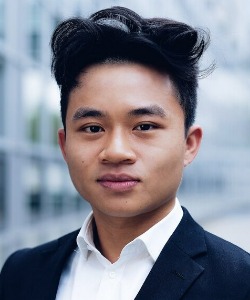
“I am a physicist working in the field of complex systems. My focus is on detecting causality drivers, learning dynamics, and deriving governing equations from time series data using ML. We develop the methods for controllable synthetic and chaotic systems (e.g. the Lorenz system, which is known for its butterfly shape), but we also apply our methods to real-world applications, such as financial, turbulence, or environmental data.
“Since these systems are often high-dimensional, they require a lot of computing power – this grant from G-Research will help me get the necessary hardware. ”
November grant winners
Jonas Berx (November winner):

“I am currently a postdoctoral researcher working in the field of Living Matter Physics at the MPIDS in Germany.
“My current research focuses on the theoretical biophysical aspects of life. I investigate why some types of living matter undergo a condensation transition, which manifests formal similarities to Bose-Einstein condensation in physics.
“During my PhD in Theoretical Physics at the KU Leuven in Belgium, I developed an iterative procedure – the BLUES function method – to approximate solutions of non-linear differential equations.
“Aside from my PhD and my current job as a postdoc, I also perform independent research on connections between interface growth and the topology of complex networks.
“G-Research’s grant will facilitate commuting between Germany and Belgium and reduce my carbon footprint, as I will be able to continue going by train.”
Maria Flora (CREST (Center for Research Economics and Statistics), CNRS and ENSAE, Institut Polytechnique de Paris (Paliseau, France)):

“I am a postdoctoral researcher at CREST, CNRS, Institut Polytechnique de Paris. Here, my main research is at the intersection between Bayesian learning and optimal control techniques.
“Specifically, the research goal is to incorporate climate change considerations into the economic agents’ financial decisions. To do so, a combination of integrated assessment modelling scenarios and Bayesian learning gives the agent an understanding of the climate-related system, which is instrumental in the agents’ financial decision making process, modelled by means of optimal control techniques.
“I will use the grant provided by G-Research to present my work at international conferences.”
December grant winner
Nikita Gouraniov (University of Oxford):

“My PhD studies (under Prof. Dieter Jaksch) revolve around the application of a class of data-compression schemes known as “Tensor Networks” to open problems in condensed matter physics.
“The research has resulted in a significant advance in the field of fluid dynamics that was recently published as ‘A quantum-inspired approach to exploit turbulence structures’; Nature Computational Science; (2022).
“This work will be presented at two major US conferences in March 2022 courtesy of the generous G-Research grant for scientists in quantitative disciplines.”
Congratulations to all our grant winners.
Learn more about our monthly grant and how you can apply.
Stay up to date with G-Research
Subscribe to stay up to date with the latest news

- About our grants
Research Partnership Kickstart Travel Grants
About research partnership kickstart travel grants.
To celebrate its 100th anniversary in 2023 , Journal of Experimental Biology launched two new grants to support junior faculty staff: Research Partnership Kickstart Travel Grants and Early-Career Researcher (ECR) Visiting Fellowships .
Research Partnership Kickstart Travel Grants aim to support junior faculty staff (e.g. Lecturer, Assistant Professor, Group Leader, Principal Investigator) to travel to another institution (University, Research Centre, Non-Governmental Organisation or Industry Partner Organisation) for up to seven days to initiate a new research collaboration and develop, write and submit a major grant application for collaborative research.
Each grant is a maximum of £2,000 (or currency equivalent) and can be used towards travel to the collaborator’s institute, and accommodation and subsistence during the visit.
Applicants must be within five years of setting up their first lab/research group and be working in the field of experimental biology relating to animal comparative physiology or biomechanics.
Each application will be evaluated on the excellence of the candidate as well as benefits and outcomes from the proposed partnership, merit of the research proposal to be submitted to a major funding body, and alignment of the proposal to the core remit of Journal of Experimental Biology.
Please review the applicant handbook and Frequently Asked Questions (FAQs) before completing and submitting your application.
Note: We are unable to pay awards to recipients in jurisdictions, countries or regions of the world subject to sanctions, embargoes or other political trade restrictions put in place by the United Nations, the EU or the UK.
General guidelines:
- Applications will be considered only from junior faculty staff members (e.g. Lecturer, Assistant Professor, Group Leader, Principal Research Investigator) within five years (excluding any career breaks) of their first faculty position.
- Applicants must be working in the field of experimental biology relating to animal comparative physiology or biomechanics.
- Grants do not support attendance at scientific meetings, conferences or training courses.
- Research Partnership Kickstart Travel Grants can be awarded once only to an applicant.
- Applicants cannot apply for both a Research Partnership Kickstart Travel Grant and an ECR Visiting Fellowship within a 12-month period.
- If an application is unsuccessful, the applicant cannot reapply within 12 months (i.e. they may not reapply in the following funding round).
- The date of travel must occur within six months of funding being awarded.
- Applications will not be considered retrospectively.
- The grant only applies to new collaborations; existing research collaborations will not be supported.
Guidelines for completing the application:
- The application form and all supporting documents must be completed in English, and letters of support must be on institutional headed paper and signed.
- The total amount requested should not exceed £2,000.
- Expenses include travel, accommodation, subsistence and visa fees. Travel insurance costs should not be included in the expenses.
- letter of employment status from your Head of Department/School
- letter of support from your host research collaborator
- Curriculum Vitae
- publication list
- It is the applicant’s responsibility to ensure that they meet the criteria required for the grant.
Terms and conditions for successful applicants:
- If your application is successful, you will be required to sign our Research Partnership Kickstart Travel Grant Agreement.
- The date of the collaborative visit must occur within six months of funding being awarded.
- If for any reason the visit is delayed beyond six months of the award, you must seek permission to extend the funding.
- If the visit does not go ahead, the funds allocated will need to be returned, in full.
- Any unspent funds must be returned within one month of the end of the visit.
- You must keep all receipts related to your visit. These must be scanned and uploaded via the online application portal within one month of the end of your visit.
- You must provide at least two bright, clear photographs and a 300–500-word summary of the outcomes of your visit within three months of return from the collaborator’s lab.
Deadline dates for applications and applicants handbook
Deadline dates.
- 3 June 2024 (for travel after 2 July 2024)
- 1 December 2024 (for travel after 2 January 2025)
Please submit your application in plenty of time as it can take up to four weeks from the deadline date to reach a decision.
Applicant handbook
Our applicant handbook provides further useful information on the application process.
Download applicant handbook
Frequently Asked Questions
No, we do not award funds for existing collaborations.
Yes, all supporting letters must be on headed paper with a signature. They can then be scanned and submitted with your completed application through the grant application portal.
The Letter of Status must include who you are, your position, and when you were appointed to that position at your institution. It should also include a supporting statement.
No, the application letter and all supporting documents should be submitted through the grant application portal together, either as one document or as separate attachments.
Yes, that is acceptable, as you will be required to provide evidence of expenditure and return unspent funds.
Yes, we pay the funds directly into your personal bank account once the award has been granted.
This is a great achievement, and your success will inspire other junior faculty staff to apply for Research Partnership Kickstart Travel Grants. However, given that you will be developing a research proposal, we recognise that your intellectual property needs to be protected. Therefore, the only information we might communicate on our website, social media channels and in other promotional material would be your name, institution and project title. If you have any concerns about the use of your material or personal data in this way, please let us know.
Receipts must be scanned and submitted via the Online Application portal.
Yes, we do require evidence for every expense incurred and paid.
Yes, you will be notified even if your application is unsuccessful.
Yes, all applications are considered relative to opportunity, including time elapsed since taking up first appointment as a junior faculty member.
Both schemes have been initiated to support junior faculty staff members entering a critical stage in their careers, a stage where there are few funding initiatives. ECR Visiting Fellowships are different from Research Partnership Kickstart Travel Grants in that they are designed to attract and support an early-career researcher (student or postdoc) visiting the junior faculty member’s lab to undertake a defined research project. Research Partnership Kickstart Travel Grants are designed to initiate a new research collaboration by providing funds to support a junior faculty member visiting another institution (University, Research Centre, Non-Governmental Organisation or Industry Partner Organisation) for up to seven days to initiate a new research partnership and develop, write and submit a major grant application for collaborative research.
About our Grants
The Company of Biologists uses the surplus it generates for the benefit of biology and the biological community by providing several types of grants, ranging from Scientific Meeting to Conference Travel Grants and Travelling Fellowships.
About Grants About Travelling Fellowships
About ECR Visiting Fellowships
ECR Visiting Fellowships provide funding to junior faculty staff (e.g. Lecturer, Assistant Professor, Group Leader, Principal Investigator) to attract an early-career researcher (e.g. graduate student or post-doctoral researcher) to undertake a defined research project in their lab for one to three months.
You can find stories from grant recipients on our stories page.
More stories
JEB celebrates 100 years of discovery
In 2023, JEB celebrated its 100th anniversary. We marked this important milestone with various activities, including article collections, interviews, conference attendance and the launch of our new grants programme.
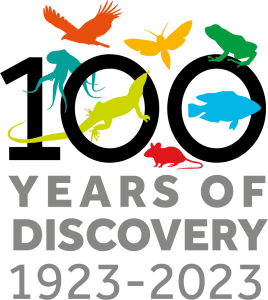
Visit JEB centenary page
A Travelling Fellowship revealing the age-old movements of killer whales
3 March 2023
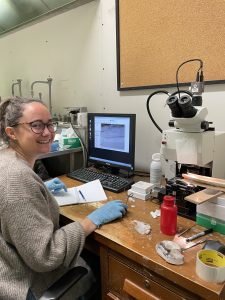
The teeth of killer whales grow in layers, layers that can be analysed to reveal the diet of an individual animal, over the course of a specific time frame. Material from inside the teeth cavity, known as dentine, can be extracted and stable isotope analysis used to investigate ecological behaviours such as large-scale movements. Maeva Terrapon, a student from the University of St Andrews used a Travelling Fellowship from Journal of Experimental Biology, to investigate the ecology of killer whales alongside fellow researchers at the Department of Fisheries and Oceans (DFO), Winnipeg, Canada. …
Visit our journal websites

- Privacy Policy
- Terms & Conditions
- Copyright Policy
- Accessibility Policy
- Library hub
© 2024 The Company of Biologists Ltd | Registered Charity 277992 Registered in England and Wales | Company Limited by Guarantee No 514735 Registered office: Bidder Building, Station Road, Histon, Cambridge CB24 9LF, UK
You must be logged in to post a comment.
We want to make our website, and the services we provide, useful and reliable. This sometimes involves placing small amounts of information called cookies on the device you used to access the internet. If you continue to use this website we will assume you are happy to accept our cookies.
Graphic Medicine
- Print Books
- How to Use Graphic Medicine Books in Your Class
Resources Online
- National Library of Medicine (NNLM): NLM's exhibition collection on Graphic Medicine. It provides an introduction to the graphic medicine can be used to communicate personal experiences of illness and health.
- Graphicmedicine.org : Includes reviews, multimedia resources, podcasts, awards, and conferences.
- Medicinagrafica.com : Sister site to graphicmedicine.org in Spanish.
- The Healthy Aboriginal Network : Indigenous story studio with illustrations, posters, video, and comic books on health and social issues for youth.
Blogs/Zines
- The Testosterone Survey Zine , Rena Yehuda Newman
- Guest Post: Native American artists respond to COVID-19 , Naomi Bishop
- << Previous: Print Books
- Next: How to Use Graphic Medicine Books in Your Class >>
- Last Updated: Apr 18, 2024 3:08 PM
- URL: https://guides.library.stonybrook.edu/graphicmedicine
- Request a Class
- Hours & Locations
- Ask a Librarian
- Special Collections
- Library Faculty & Staff
Library Administration: 631.632.7100
- Stony Brook Home
- Campus Maps
- Web Accessibility Information
- Accessibility Barrier Report Form

Comments or Suggestions? | Library Webmaster

Except where otherwise noted, this work by SBU Libraries is licensed under a Creative Commons Attribution-NonCommercial 4.0 International License .

Suggested Searches
- Climate Change
- Expedition 64
- Mars perseverance
- SpaceX Crew-2
- International Space Station
- View All Topics A-Z
Humans in Space
Earth & climate, the solar system, the universe, aeronautics, learning resources, news & events.
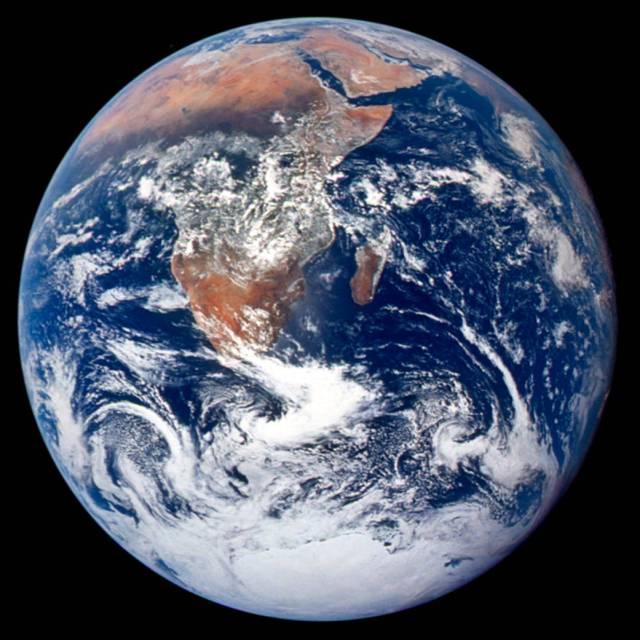
Join NASA in Celebrating Earth Day 2024 by Sharing a #GlobalSelfie
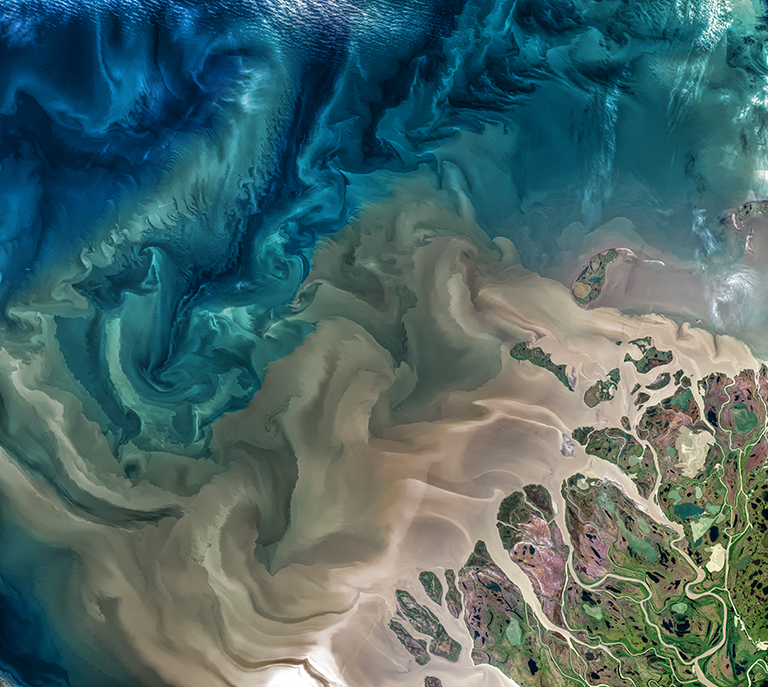
NASA Selects New Aircraft-Driven Studies of Earth and Climate Change

The Ocean Touches Everything: Celebrate Earth Day with NASA
- Search All NASA Missions
- A to Z List of Missions
- Upcoming Launches and Landings
- Spaceships and Rockets
- Communicating with Missions
- James Webb Space Telescope
- Hubble Space Telescope
- Why Go to Space
- Astronauts Home
- Commercial Space
- Destinations
- Living in Space
- Explore Earth Science
- Earth, Our Planet
- Earth Science in Action
- Earth Multimedia
- Earth Science Researchers
- Pluto & Dwarf Planets
- Asteroids, Comets & Meteors
- The Kuiper Belt
- The Oort Cloud
- Skywatching
- The Search for Life in the Universe
- Black Holes
- The Big Bang
- Dark Energy & Dark Matter
- Earth Science
- Planetary Science
- Astrophysics & Space Science
- The Sun & Heliophysics
- Biological & Physical Sciences
- Lunar Science
- Citizen Science
- Astromaterials
- Aeronautics Research
- Human Space Travel Research
- Science in the Air
- NASA Aircraft
- Flight Innovation
- Supersonic Flight
- Air Traffic Solutions
- Green Aviation Tech
- Drones & You
- Technology Transfer & Spinoffs
- Space Travel Technology
- Technology Living in Space
- Manufacturing and Materials
- Science Instruments
- For Kids and Students
- For Educators
- For Colleges and Universities
- For Professionals
- Science for Everyone
- Requests for Exhibits, Artifacts, or Speakers
- STEM Engagement at NASA
- NASA's Impacts
- Centers and Facilities
- Directorates
- Organizations
- People of NASA
- Internships
- Our History
- Doing Business with NASA
- Get Involved
- Aeronáutica
- Ciencias Terrestres
- Sistema Solar
- All NASA News
- Video Series on NASA+
- Newsletters
- Social Media
- Media Resources
- Upcoming Launches & Landings
- Virtual Events
- Sounds and Ringtones
- Interactives
- STEM Multimedia

Work Underway on Large Cargo Landers for NASA’s Artemis Moon Missions
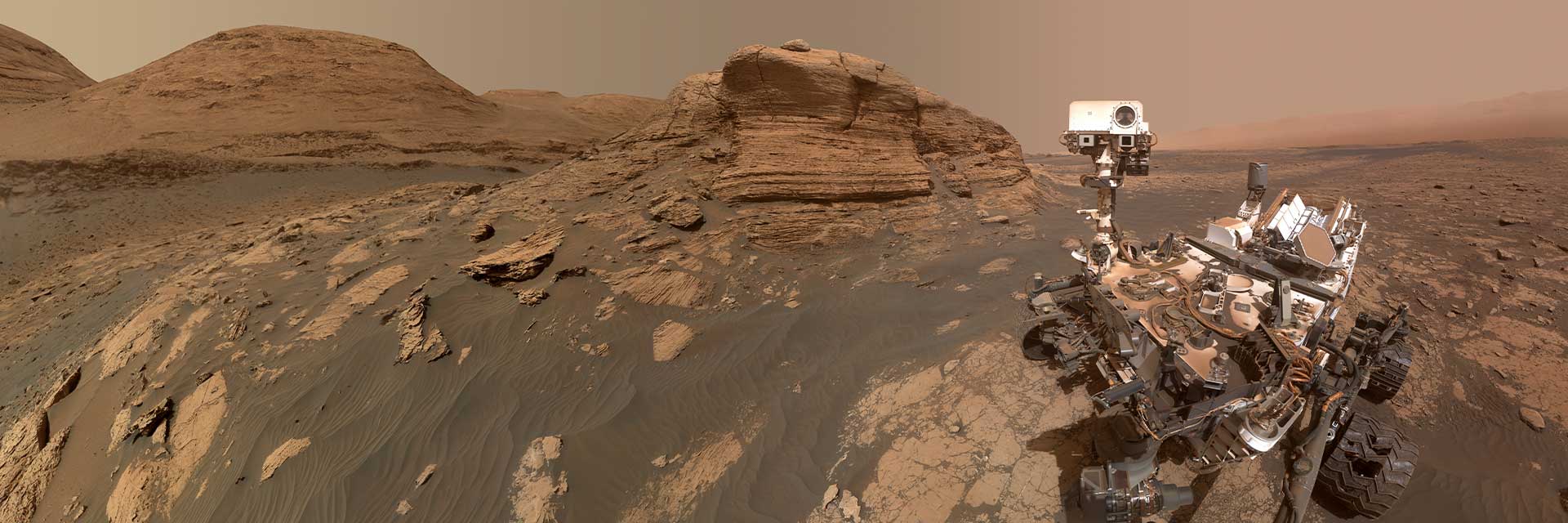
Mars Science Laboratory: Curiosity Rover

NASA Open Science Initiative Expands OpenET Across Amazon Basin
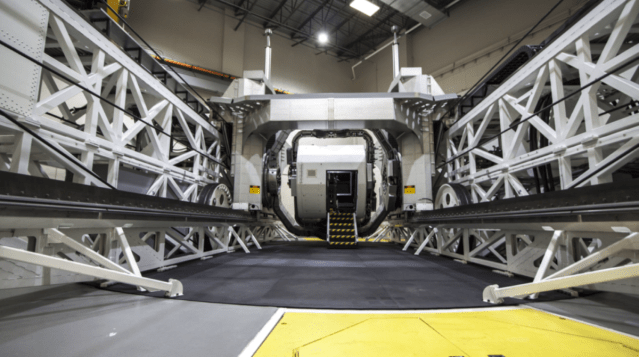
NASA Motion Sickness Study Volunteers Needed!
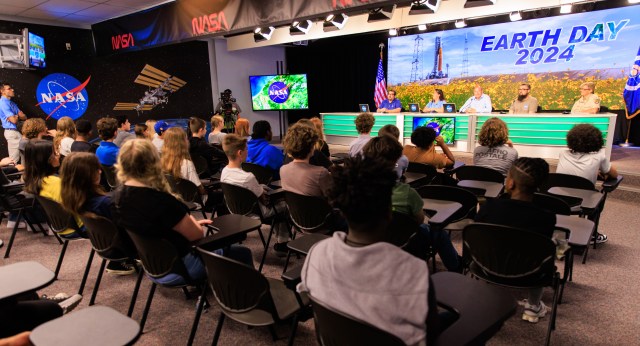
Students Celebrate Rockets, Environment at NASA’s Kennedy Space Center

AI for Earth: How NASA’s Artificial Intelligence and Open Science Efforts Combat Climate Change
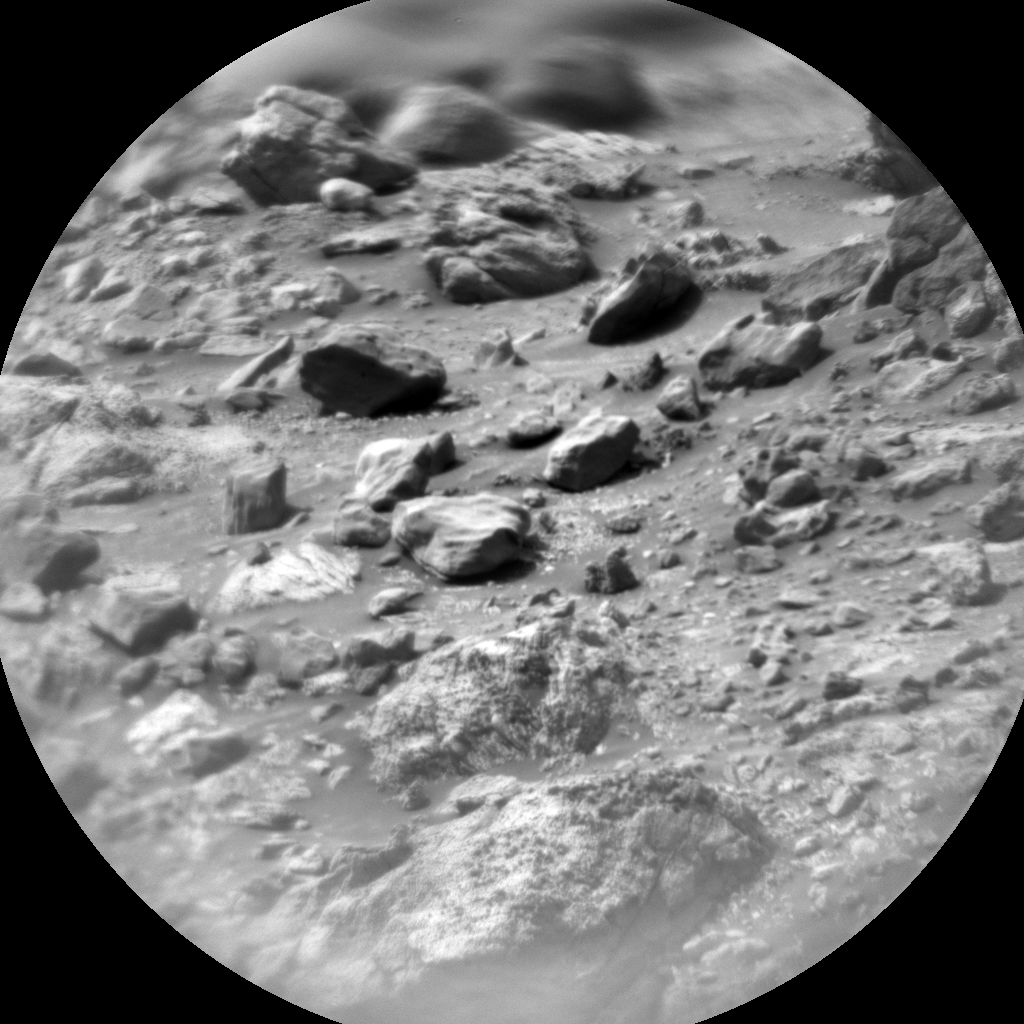
Sols 4159-4160: A Fully Loaded First Sol
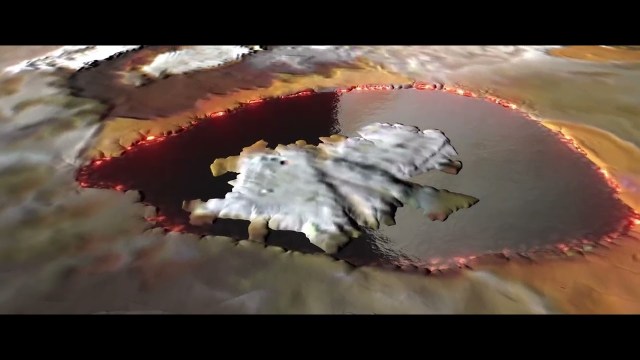
NASA’s Juno Gives Aerial Views of Mountain, Lava Lake on Io

Hubble Captures a Bright Galactic and Stellar Duo
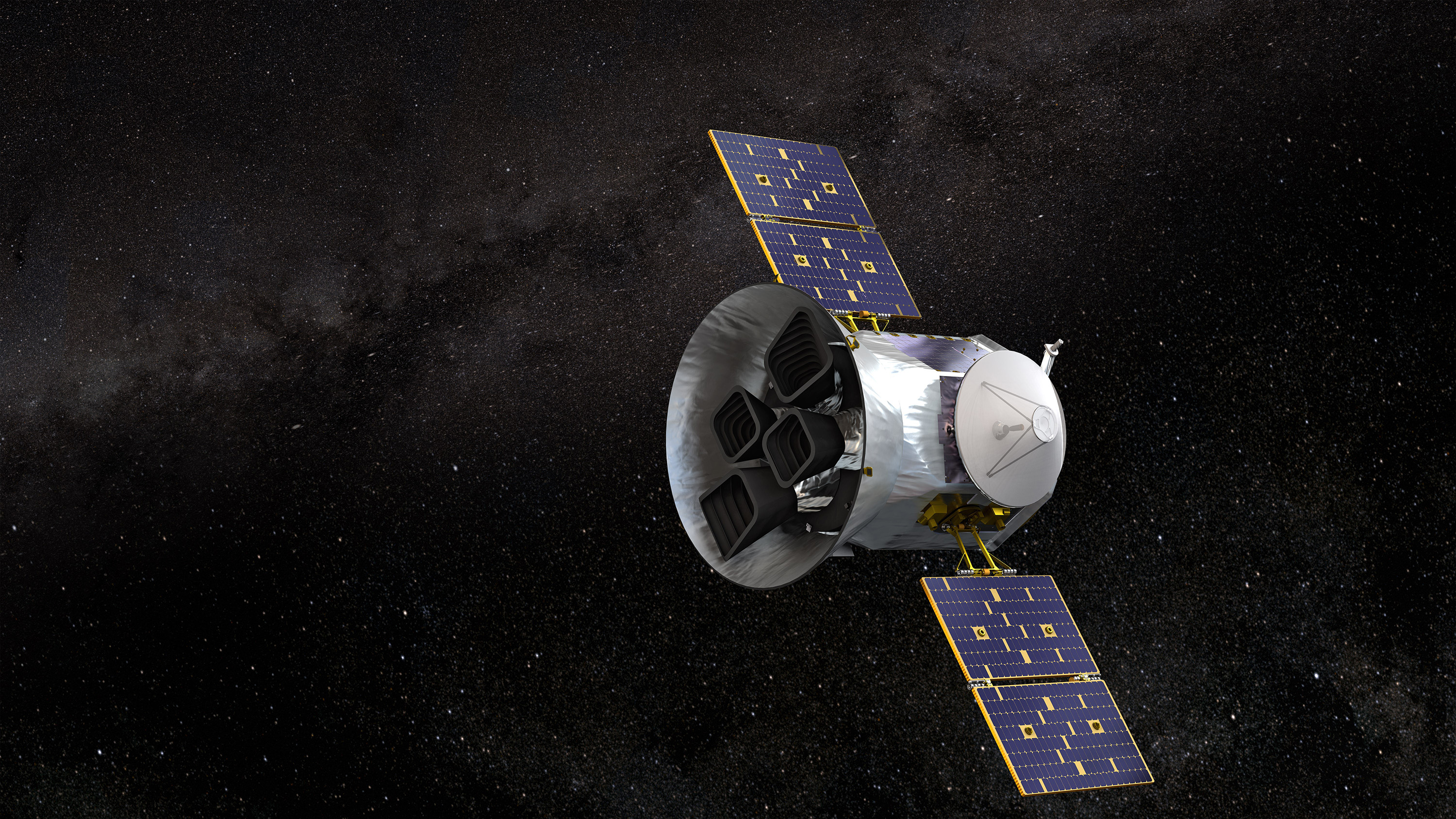
NASA’s TESS Returns to Science Operations
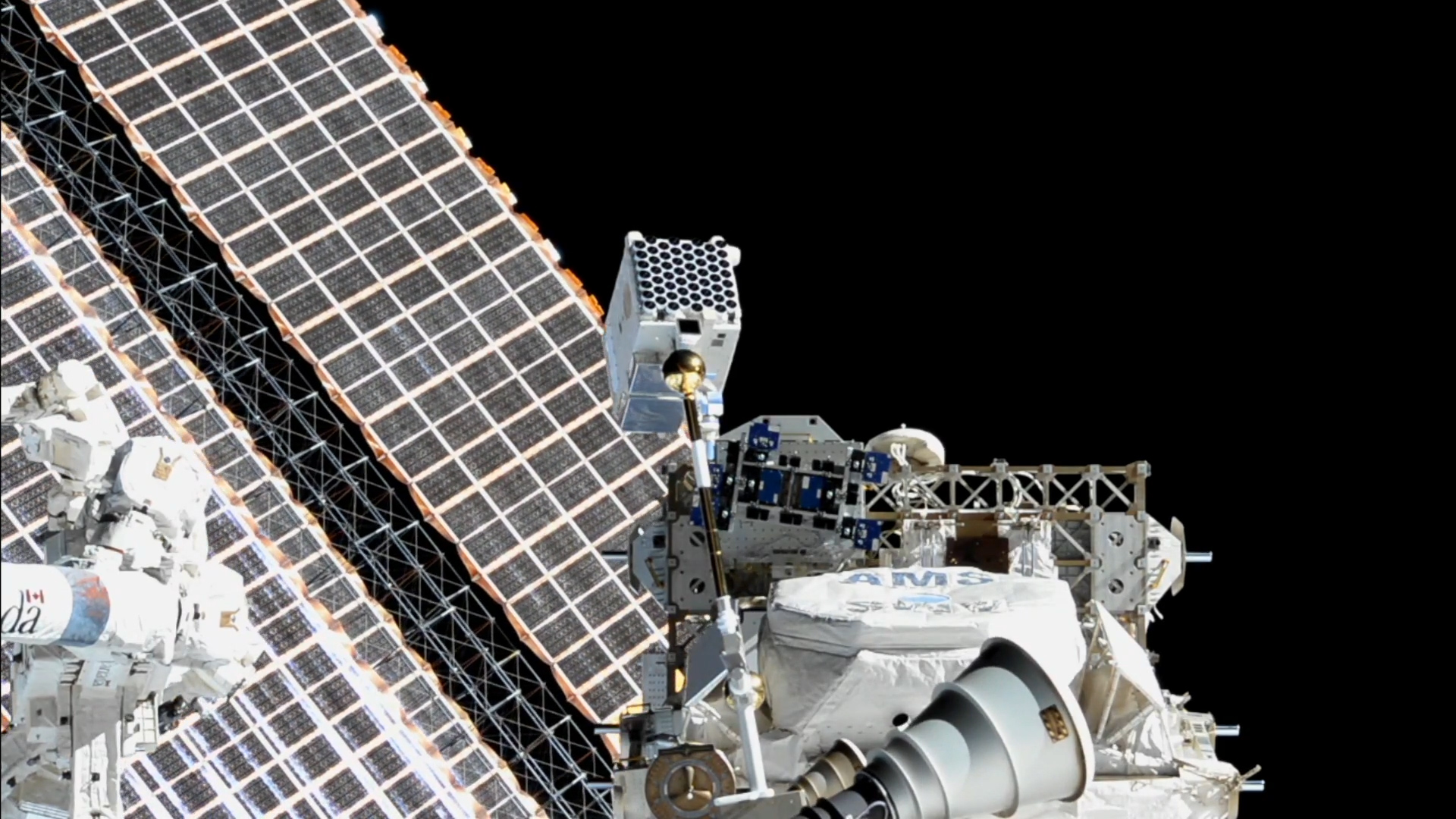
Astronauts To Patch Up NASA’s NICER Telescope

Hubble Goes Hunting for Small Main Belt Asteroids

NASA’s Near Space Network Enables PACE Climate Mission to ‘Phone Home’

NASA Photographer Honored for Thrilling Inverted In-Flight Image

NASA Langley Team to Study Weather During Eclipse Using Uncrewed Vehicles

ARMD Solicitations

Amendment 10: B.9 Heliophysics Low-Cost Access to Space Final Text and Proposal Due Date.
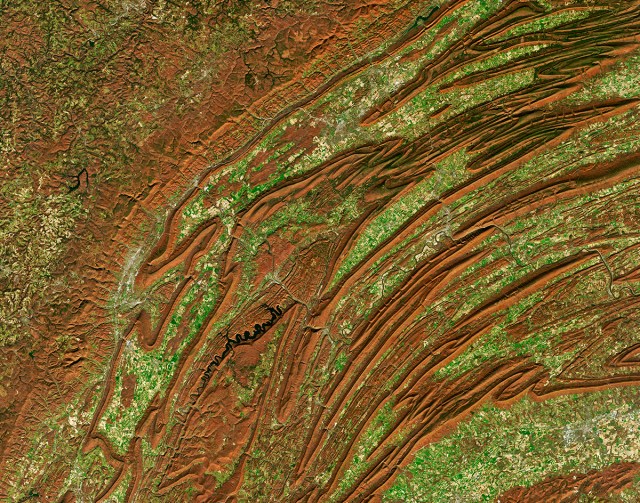
Tech Today: Taking Earth’s Pulse with NASA Satellites
Earth Day 2024: Posters and Virtual Backgrounds
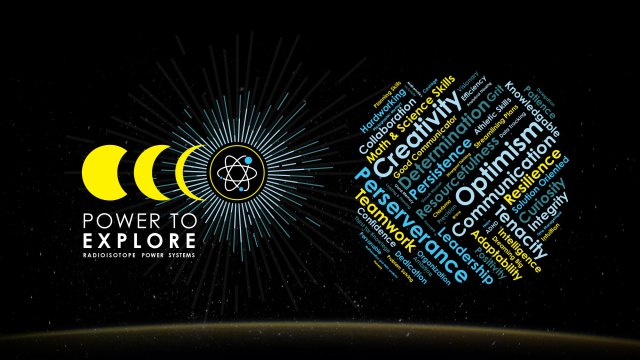
NASA Names Finalists of the Power to Explore Challenge

Diez maneras en que los estudiantes pueden prepararse para ser astronautas

Astronauta de la NASA Marcos Berríos

Resultados científicos revolucionarios en la estación espacial de 2023
Nasa next-generation solar sail boom technology ready for launch.
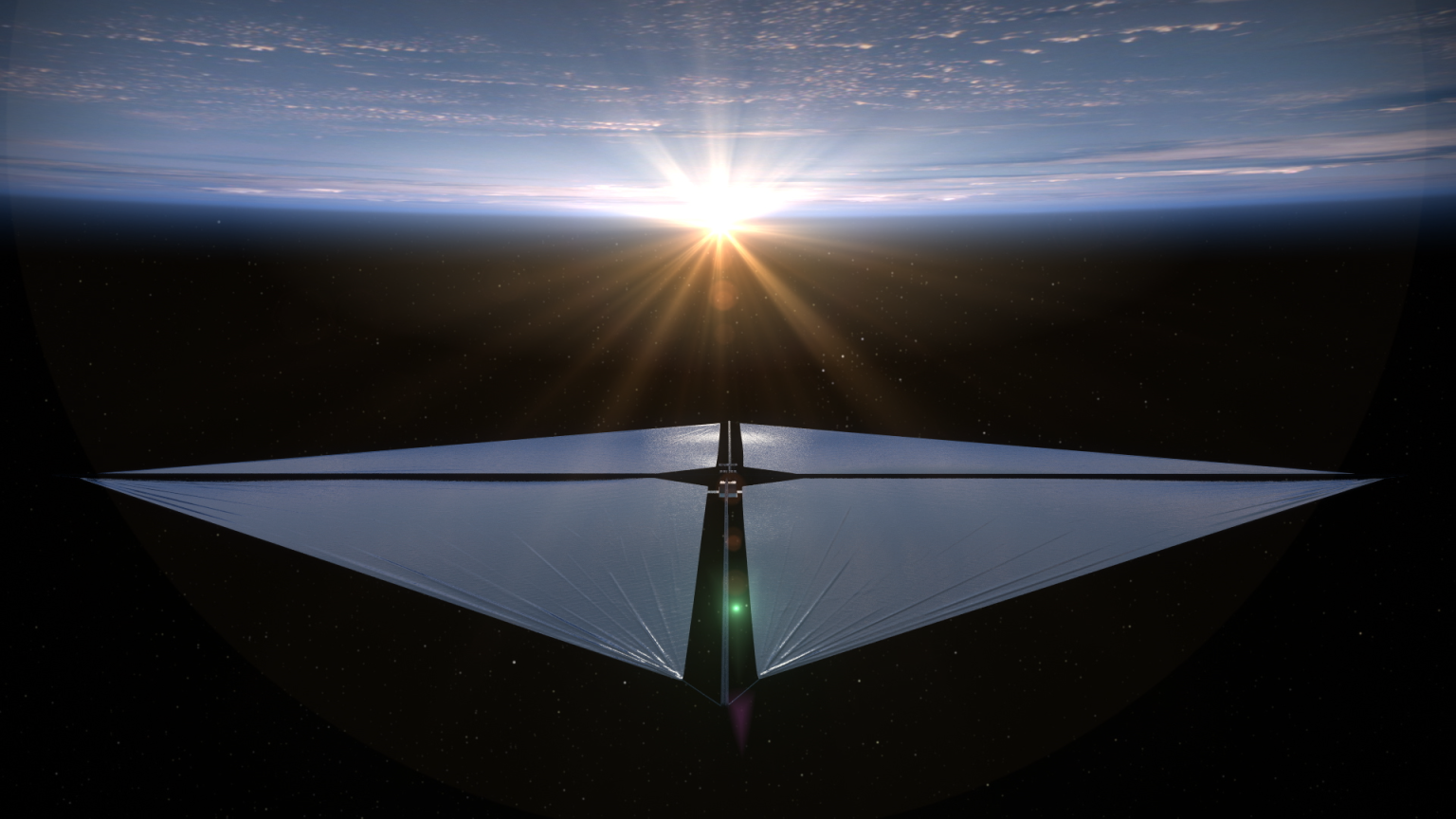
Tara Friesen
Nasa’s new lightweight sailor , enabling future solar sails.
Sailing through space might sound like something out of science fiction, but the concept is no longer limited to books or the big screen. In April, a next-generation solar sail technology – known as the Advanced Composite Solar Sail System – will launch aboard Rocket Lab’s Electron rocket from the company’s Launch Complex 1 in Māhia, New Zealand. The technology could advance future space travel and expand our understanding of our Sun and solar system.
Solar sails use the pressure of sunlight for propulsion, angling toward or away from the Sun so that photons bounce off the reflective sail to push a spacecraft. This eliminates heavy propulsion systems and could enable longer duration and lower-cost missions. Although mass is reduced, solar sails have been limited by the material and structure of the booms, which act much like a sailboat’s mast. But NASA is about to change the sailing game for the future.
The Advanced Composite Solar Sail System demonstration uses a twelve-unit (12U) CubeSat built by NanoAvionics to test a new composite boom made from flexible polymer and carbon fiber materials that are stiffer and lighter than previous boom designs. The mission’s primary objective is to successfully demonstrate new boom deployment, but once deployed, the team also hopes to prove the sail’s performance.
Like a sailboat turning to capture the wind, the solar sail can adjust its orbit by angling its sail. After evaluating the boom deployment, the mission will test a series of maneuvers to change the spacecraft’s orbit and gather data for potential future missions with even larger sails.
“Booms have tended to be either heavy and metallic or made of lightweight composite with a bulky design – neither of which work well for today’s small spacecraft. Solar sails need very large, stable, and lightweight booms that can fold down compactly,” said Keats Wilkie, the mission’s principal investigator at NASA’s Langley Research Center in Hampton, Virginia. “This sail’s booms are tube-shaped and can be squashed flat and rolled like a tape measure into a small package while offering all the advantages of composite materials, like less bending and flexing during temperature changes.”
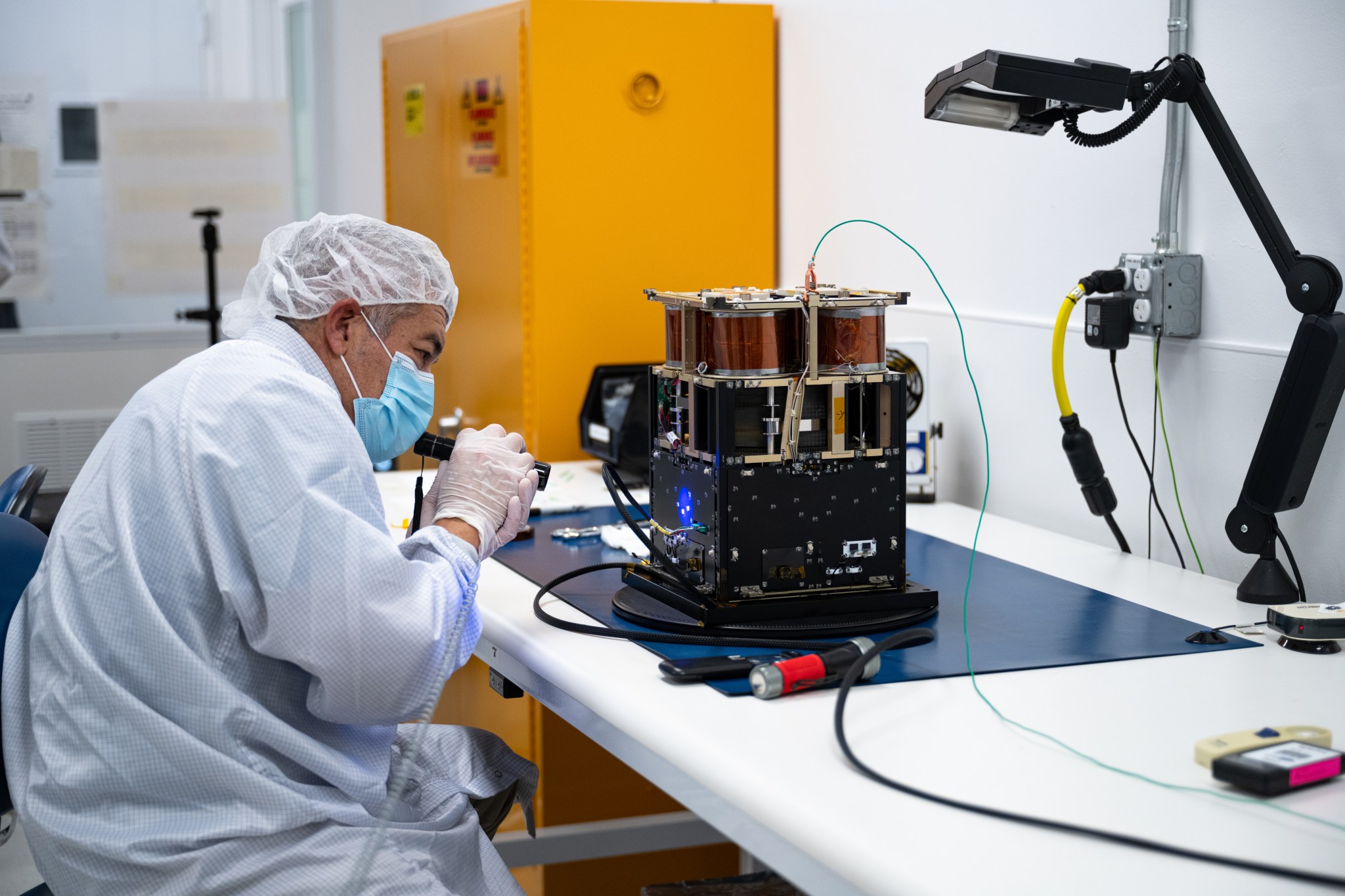
After reaching its Sun-synchronous orbit, about 600 miles (1,000 kilometers) above Earth, the spacecraft will begin unrolling its composite booms, which span the diagonals of the polymer sail. After approximately 25 minutes the solar sail will fully deploy, measuring about 860 square feet (80 square meters) – about the size of six parking spots. Spacecraft-mounted cameras will capture the sail’s big moment, monitoring its shape and symmetry during deployment.
With its large sail, the spacecraft may be visible from Earth if the lighting conditions are just right. Once fully expanded and at the proper orientation, the sail’s reflective material will be as bright as Sirius, the brightest star in the night sky.
“Seven meters of the deployable booms can roll up into a shape that fits in your hand,” said Alan Rhodes, the mission’s lead systems engineer at NASA’s Ames Research Center in California’s Silicon Valley. “The hope is that the new technologies verified on this spacecraft will inspire others to use them in ways we haven’t even considered.”
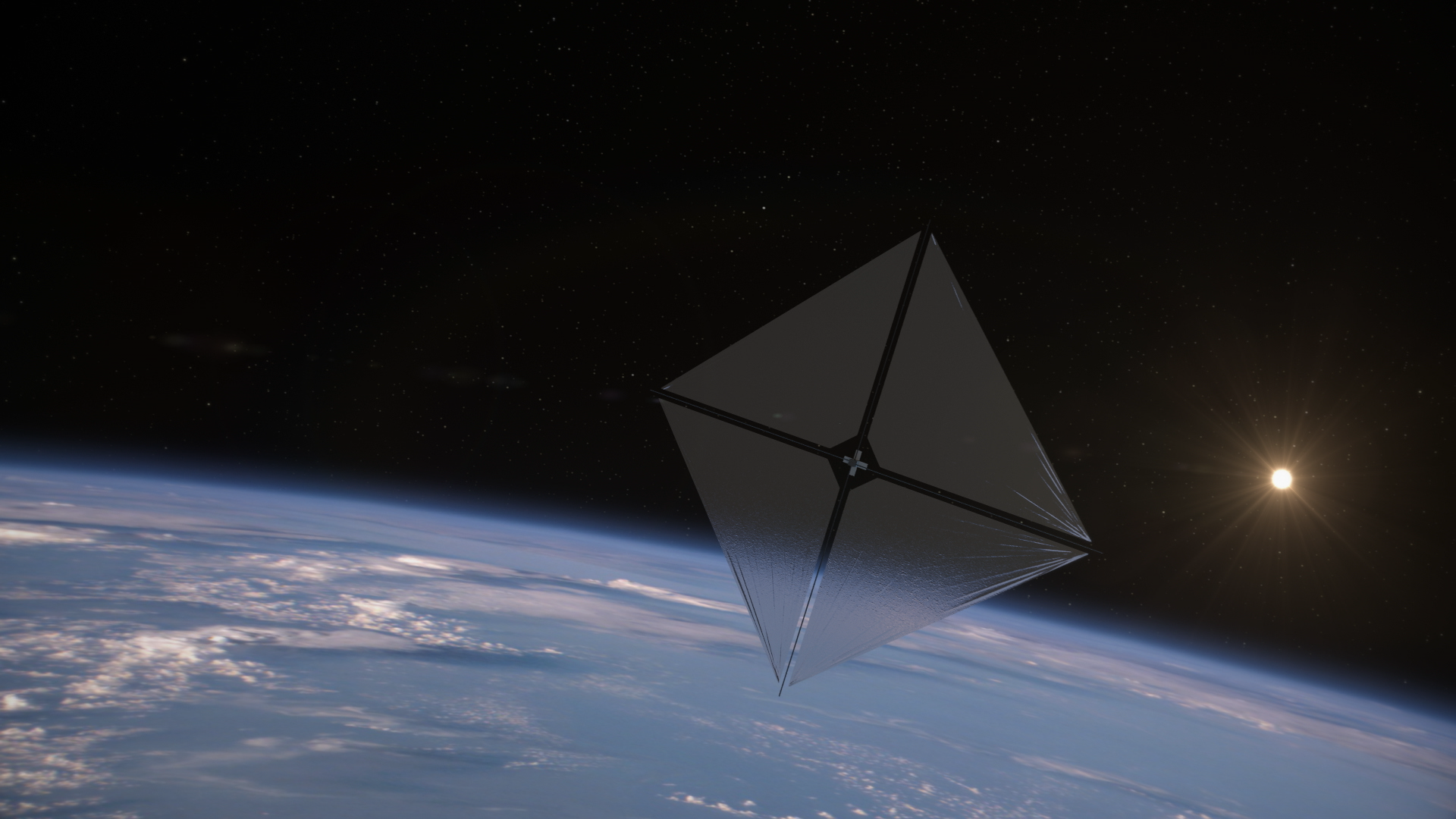
Through NASA’s Small Spacecraft Technology program , successful deployment and operation of the solar sail’s lightweight composite booms will prove the capability and open the door to larger scale missions to the Moon, Mars, and beyond.
This boom design could potentially support future solar sails as large as 5,400 square feet (500 square meters), about the size of a basketball court, and technology resulting from the mission’s success could support sails of up to 21,500 square feet (2,000 square meters) – about half a soccer field.
“The Sun will continue burning for billions of years, so we have a limitless source of propulsion. Instead of launching massive fuel tanks for future missions, we can launch larger sails that use “fuel” already available,” said Rhodes. “We will demonstrate a system that uses this abundant resource to take those next giant steps in exploration and science.”
Because the sails use the power of the Sun, they can provide constant thrust to support missions that require unique vantage points, such as those that seek to understand our Sun and its impact on Earth. Solar sails have long been a desired capability for missions that could carry early warning systems for monitoring solar weather. Solar storms and coronal mass ejections can cause considerable damage on Earth, overloading power grids, disrupting radio communications, and affecting aircraft and spacecraft.
Composite booms might also have a future beyond solar sailing: the lightweight design and compact packing system could make them the perfect material for constructing habitats on the Moon and Mars, acting as framing structures for buildings or compact antenna poles to create a communications relay for astronauts exploring the lunar surface.
“This technology sparks the imagination, reimagining the whole idea of sailing and applying it to space travel,” said Rudy Aquilina, project manager of the solar sail mission at NASA Ames. “Demonstrating the abilities of solar sails and lightweight, composite booms is the next step in using this technology to inspire future missions.”
NASA Ames manages the Advanced Composite Solar Sail System project and designed and built the onboard camera diagnostic system. NASA Langley designed and built the deployable composite booms and solar sail system. NASA’s Small Spacecraft Technology (SST) program office based at NASA Ames and led by the agency’s Space Technology Mission Directorate (STMD), funds and manages the mission. NASA STMD’s Game Changing Development program developed the deployable composite boom technology. Rocket Lab USA, Inc of Long Beach, California is providing launch services. NanoAvionics is providing the spacecraft bus.
Related Terms
Ames Research Center
- Langley Research Center
- Small Spacecraft Technology Program
Space Technology Mission Directorate
Explore More

NASA Data Helps Beavers Build Back Streams

Climate Change Research
Discover more topics from nasa.

STMD Small Spacecraft Technology
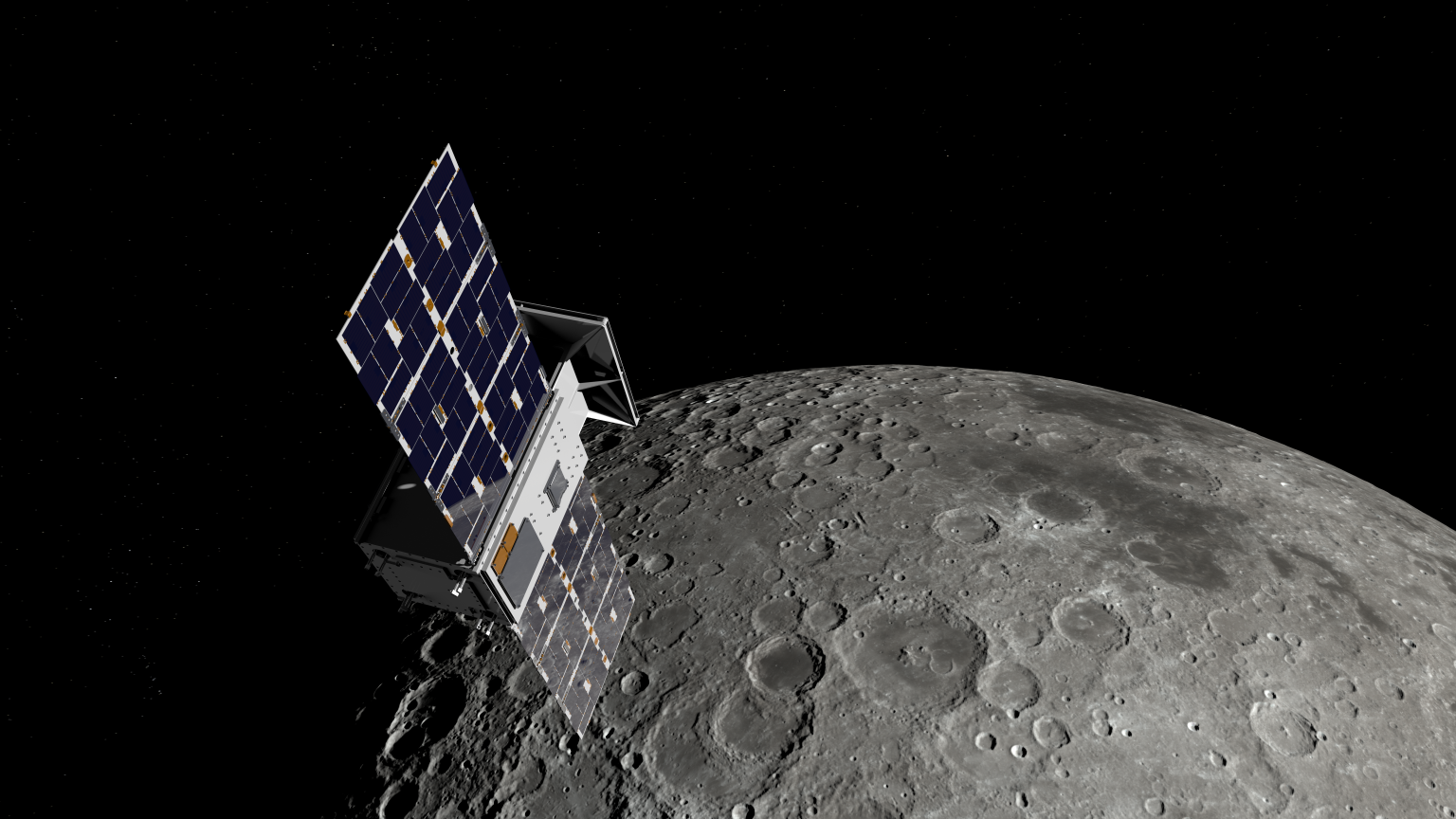
Game Changing Development
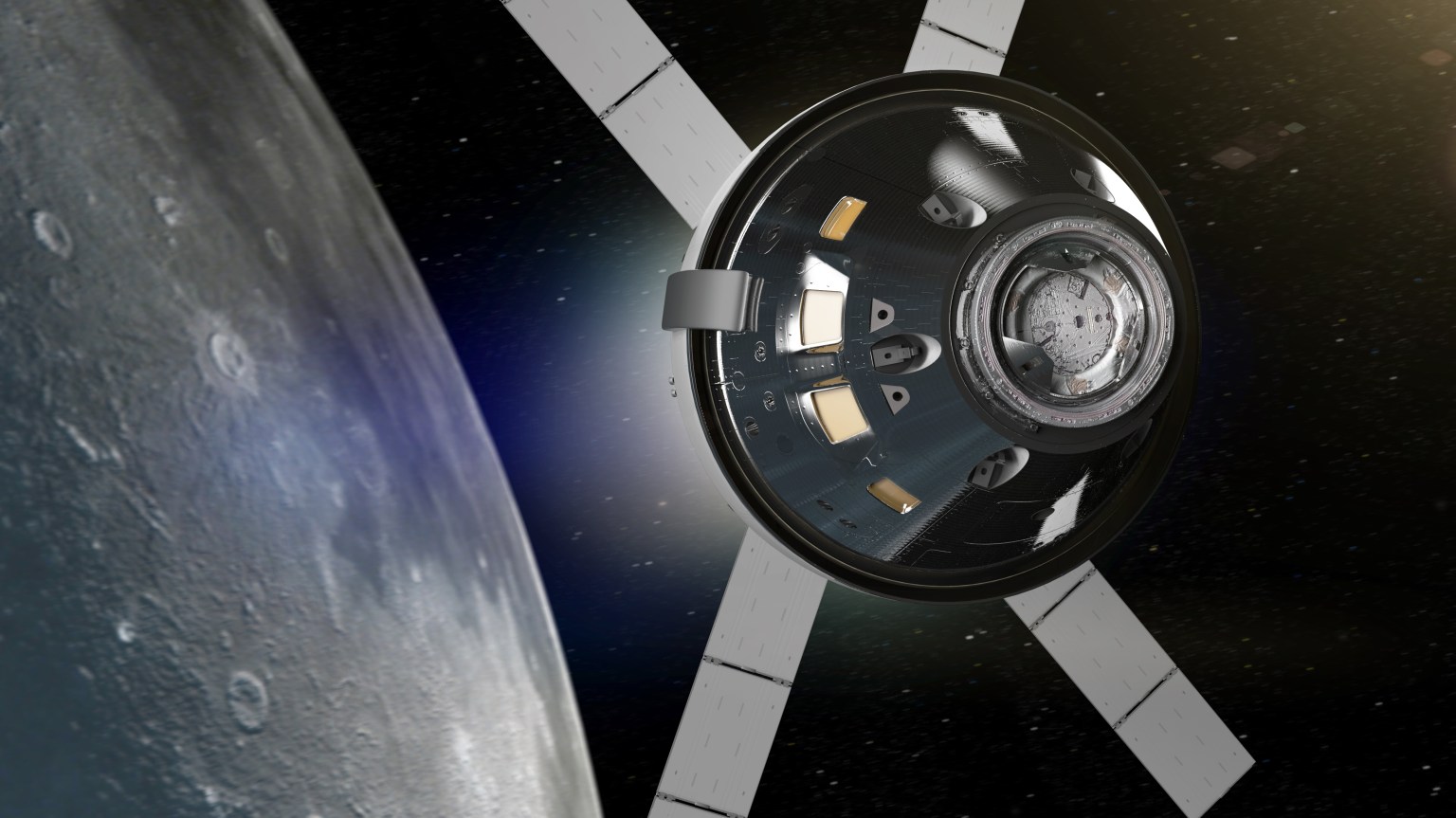

IMAGES
COMMENTS
G-Research March 2024 Grant Winners. 15 April 2024. News. Each month, we provide up to £2,000 in grant money to early career researchers in quantitative disciplines. Our aim is to support and assist PhD students and postdocs conducting research, particularly with costs that may be difficult to get funding for elsewhere, for example, travel for ...
Research Travel Grants (RTG) count as estimated financial aid assistance and are disbursed via scholarship upload to a recipient's student account. Once posted to the student account, and if there is no current past due balance, then the RTG will disburse into a recipient's bank account via direct deposit, if set up, or a paper check will be ...
If so, we can help: every month we give away £2,000 in grant money to help early career researchers - and are especially interested in applications that are hard to fund elsewhere (e.g. travel if you are caring for children; expenses for volunteer work related to your research). Back to travel grants Applicant and travel award details.
Research Travel Grant - Application Form (Online) The Graduate School awards grants of up to $2,500 for Ph.D. degree students and $1,000 for master's degree students for travel that is directly related to dissertation and thesis research, not conference travel. Recipients must be enrolled (full-time or in absentia) in a graduate research ...
The maximum amount a student can receive is $1,100 from the Presentation Travel Grant and $2,000 from the International Travel Supplement for a total of $3,100. Students who are awarded an International Travel Supplement may not receive another travel grant (including a research travel grant) of any kind for the year (July 1 - June 30).
The Graduate School Travel Grant to Present Research will provide up to $1000* in travel support for graduate students presenting their research at major meetings and conferences. Students may apply for one travel grant per budget year (July 1-June 30) for domestic or international travel. Students are allowed a total of three travel grants ...
Subscribe to Feeds Add New Travel Grant. ECRcentral aims to bring early career researchers together to discuss opportunities, share experiences, and create impact through community engagement. A detailed list of travel grants opportunities PhDs, Postdocs and early career researcher.
Dissertation Research Travel Grants. The Graduate School is pleased to invite nominations for Dissertation Research Travel Grants for up to $5,000 each. These competitive awards will support the travel costs of enrolled doctoral students engaged in archival or field research outside the U.S. Dissertation Research Travel Grants.
Travel grants cover international airfare for activities directly related to the student's dissertation or thesis research. The awards do not fund travel to international conferences or expenses other than international airfare. Travel must originate and end in the United States. Minimum stay abroad is 14 days, and maximum stay is six months.
The grant program is administered by College Art Association (CAA), on behalf of the Terra Foundation for American Art. For more information about application guidelines and the application process, schedule, and checklist, please visit the CAA website. Recipients: Terra Foundation Research Travel Grants to the United States, 2003-2022
There is a maximum of $400 per grant for conference fees. Incomplete applications will not be considered. The deadline to apply is Oct. 15, 2023. Students seeking funds to support attendance at academic conferences in their field of study should apply through the SGA student travel fund. For more information and the application, please visit ...
students with funding to undertake independent research abroad in support of the student's thesis/dissertation research. The GREAT Grant aims to advance the research activities of UNT graduate students and enhance their global perspectives by providing research experiences outside of the U.S. The GREAT Grant is administered by International ...
If so, we can help. Every month we give away £2,000 in grant money to early career researchers - and are especially interested in applications that are difficult to get funding for elsewhere (e.g. travel if you are caring for children; expenses for volunteer work related to your research). Applying is easy: just send us an email at grants ...
The GSO Travel and Research Grant Review Committee is made up of your peers - fellow graduate students. We invite PhD students and candidates from across all GRS departments to join the review committee. If you are interested in joining, please email the GSO Grant Chair at [email protected]. Review committee members are still eligible to apply ...
Introduction. Overseas travel grants (OTGs) provide funding for: One potential use of an OTG, for example, is for travel to European centres to develop collaborations for bids to Horizon Europe. Centre visits may be to overseas universities or industrial organisations. The scheme may not be used to support solely conference attendance.
The Doctoral Research and Travel Grant Program supports UL Lafayette doctoral students in carrying out research that advances their progress toward degree completion. Specifically, these grants are intended to defray costs associated with conducting and disseminating clearly defined research projects and creative works directly connected to the dissertation or synthesis project.
Samuel G. Jacobson Memorial Travel Grant was established in memory of Samuel G. Jacobson, MD, PhD, FARVO, a world-renowned pioneer in clinical and translational research for retinal diseases whose work led to the development of numerous retinal-disease treatments. This grant supports researchers whose work is focused on inherited retinal ...
Step 1: Access the Online Application Form. Login to SGS Forms Tool with your UTORid and password. From the "Dashboard" click on "New Form", from the left menu then select "SGS Travel Grant Application". You will be asked to provide the following information: Purpose of the research (1,500 characters max).
The Travel Grant provides funding for graduate students to present Purdue research at academic conferences. This grant enhances the academic development of our awarded students and augments the overall quality of research at Purdue University. When considering submission deadlines, remember that Travel Grants are reviewed on a monthly basis ...
Each month, we provide up to £2,000 in grant money to early career researchers in quantitative disciplines. Our aim is to support and assist PhD students and postdocs conducting research, particularly with costs that may be difficult to get funding for elsewhere, for example, travel for those who are caring for children, or expenses for volunteer work related to research.
Applicants cannot apply for both a Research Partnership Kickstart Travel Grant and an ECR Visiting Fellowship within a 12-month period. If an application is unsuccessful, the applicant cannot reapply within 12 months (i.e. they may not reapply in the following funding round). The date of travel must occur within six months of funding being awarded.
Health Sciences Library Health Sciences Tower, Floor 3, Rm 136 Stony Brook University [email protected] (631) 444-3102
National Library of Medicine (NNLM): NLM's exhibition collection on Graphic Medicine. It provides an introduction to the graphic medicine can be used to communicate personal experiences of illness and health.
Margaret Mahoney was awarded a Center for Global Health Student & Trainee Travel Grant in the winter of 2024 to pursue a project with Child Family Health International in La Paz, Bolivia. View more photos of her project in this Flickr photo gallery.. I have to say, reflecting upon my experience in La Paz, Bolivia to sum up in only 400-700 words is a challenge in and of itself.
Sailing through space might sound like something out of science fiction, but the concept is no longer limited to books or the big screen. In April, a next-generation solar sail technology - known as the Advanced Composite Solar Sail System - will launch aboard Rocket Lab's Electron rocket from the company's Launch Complex 1 in Māhia, New Zealand.